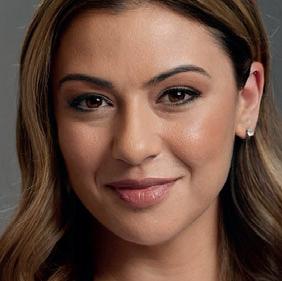Factual
US unscripted indies face a rough ride

Lawford’s Dare takes up the challenge

Facts about ‘stranger than fiction’ docs


PLUS: Content Strategies focuses on ITVX and S4C | Development Slate looks at CreativeChaos




























































US unscripted indies face a rough ride

Lawford’s Dare takes up the challenge

Facts about ‘stranger than fiction’ docs


PLUS: Content Strategies focuses on ITVX and S4C | Development Slate looks at CreativeChaos



























































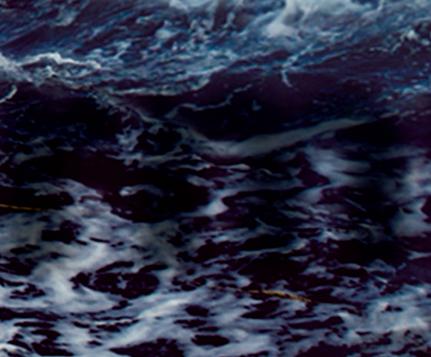
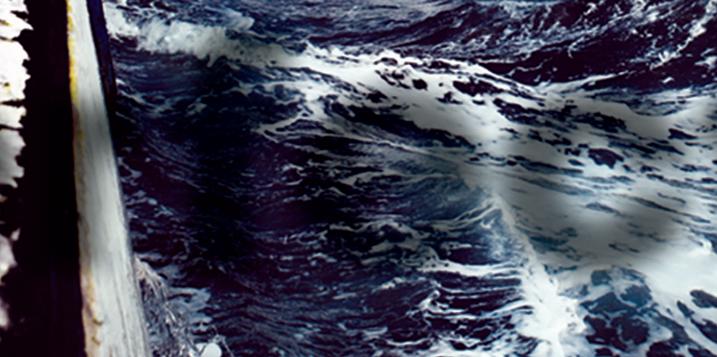



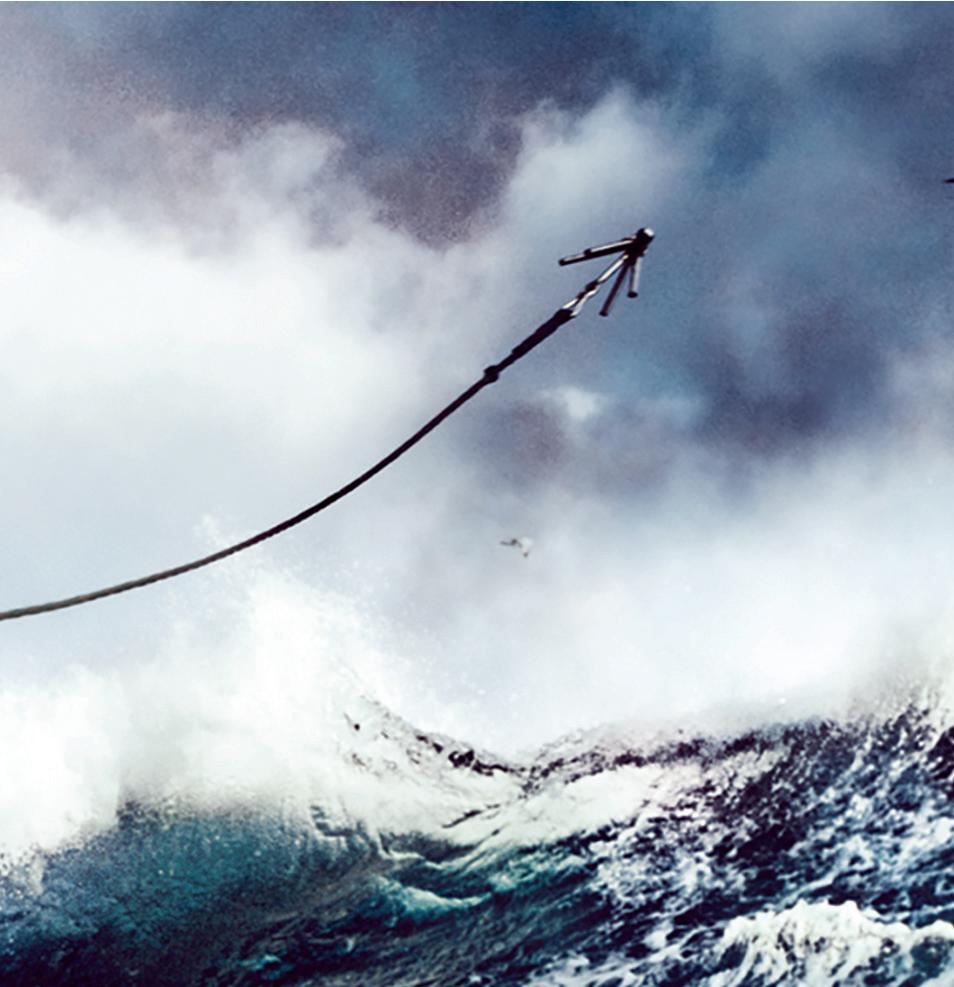

US unscripted indies, already facing squeezed margins, have been hit by the Covid-19 pandemic, a global economic slowdown and their most prolific buyers going through mega-mergers. Cue commissioning freezes and programme budget cuts.
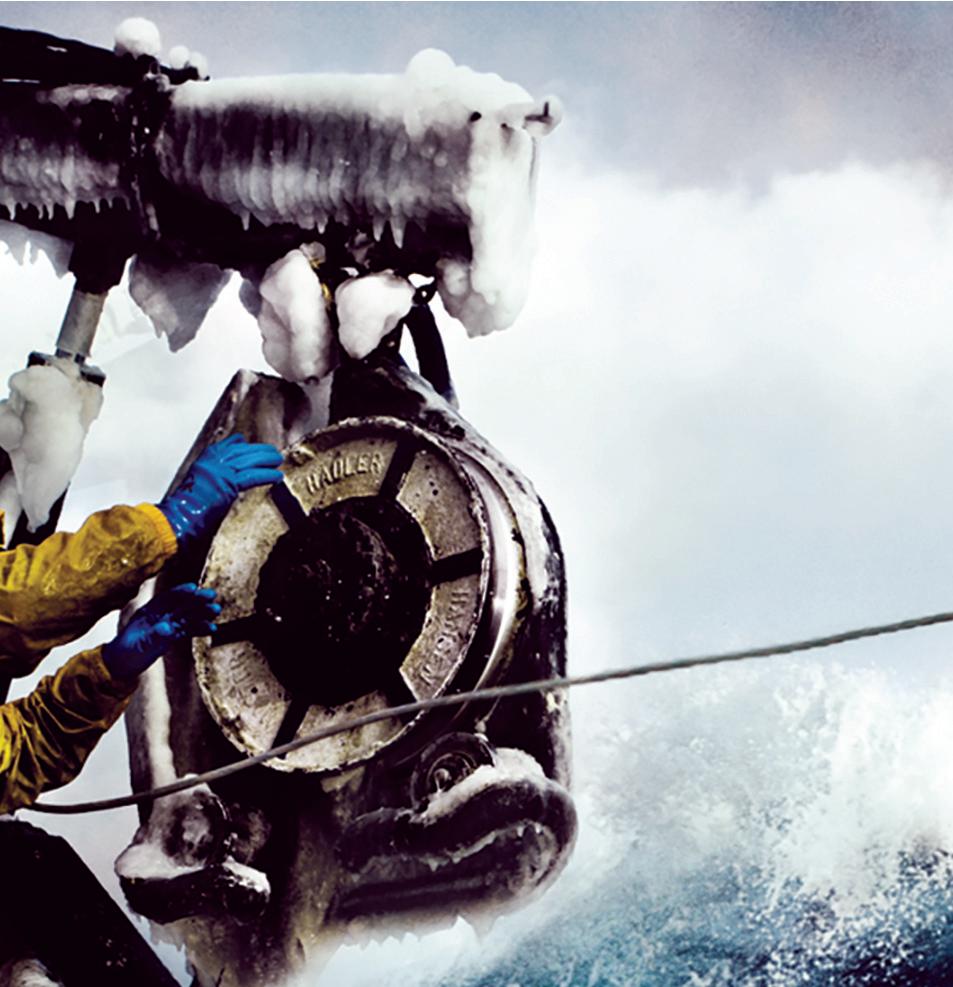
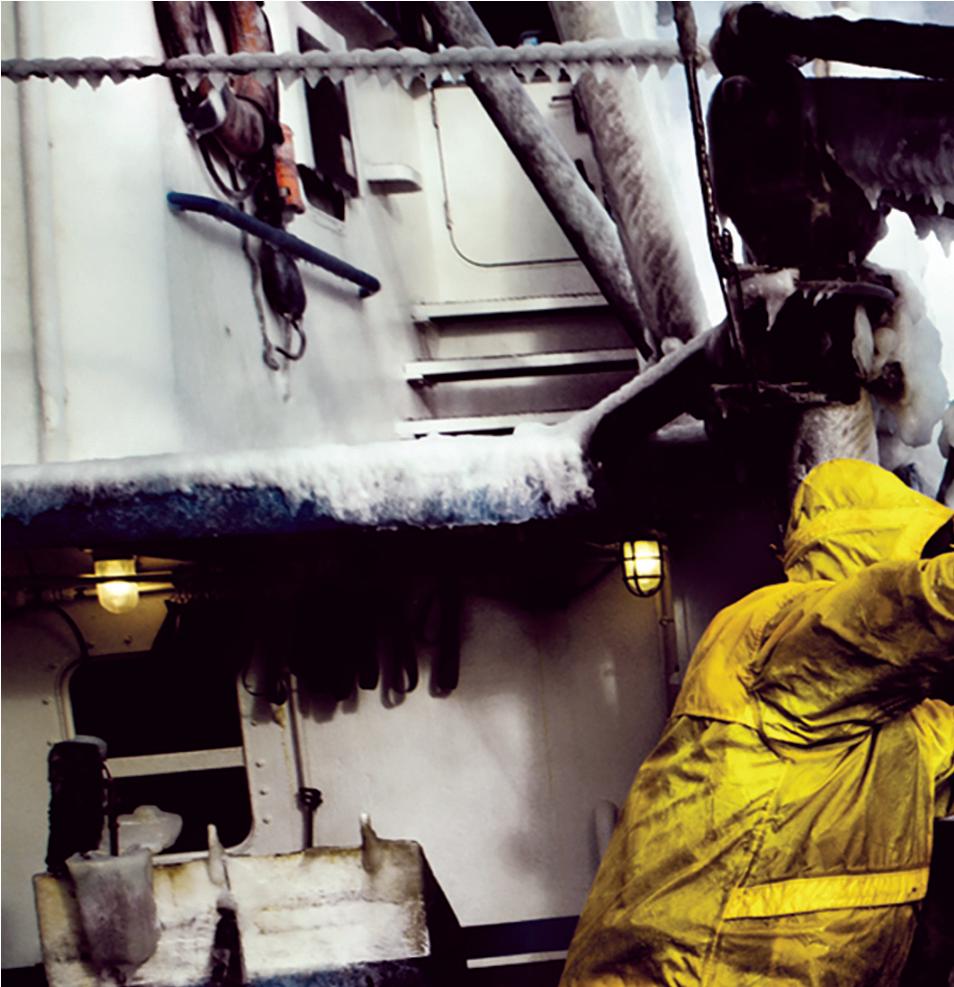 By Clive Whittingham
By Clive Whittingham
US indies had been having it tough for some time. John Ford, then chair of the Non-Fiction Producers Association, said in 2017 the 10% profit margin producers used to be able to rely on had been eroded to the point of driving indies to the wall. By 2018, he said that situation had got graver still, with demanding development costs being passed on to producers. And now add mounting production costs due to Covid-19, an economic downturn and rapid inflation and the waters are beginning to resemble something from Discovery’s Deadliest Catch
“General economic pressures are our biggest challenge,” says Nancy Glass, founder and CEO of Glass Entertainment (HGTV’s Christina in the Country). “You have to pay your people more, it’s harder to find people, everything costs more, while budgets are not going up.”
In US unscripted, mega mergers of the key buyers have exacerbated the situation. Nat Geo is now part of Disney, while the Turner, Discovery, Scripps and HBO cablenets are all part of WarnerBros Discovery (WBD). “We know the budgets are shrinking because one platform owns so many channels now. At one point I said to an executive, ‘Do you want this in colour?,’” Glass adds.
The impact at WBD initially was seen in an exec exodus that included Jane Latman (HGTV, Food Network), Nancy Daniels (Discovery, Turner Networks), Todd Weiser (Food Network, Cooking Channel), Corie Henson and Brett Weitz (both TNT, TBS, TruTV). Chairman and chief content officer Kathleen Finch gave Howard Lee the Discovery job in addition to TLC while Jason Sarlanis added TNT, TBS and TruTV to ID.
“It’s created a tremendous log jam,” says Patrick Reardon, president of Jupiter Entertainment (Peacock’s Who Killed Robert Wone?), speaking about the US picture as a whole, rather than WBD in particular. “It takes 10 times as long to
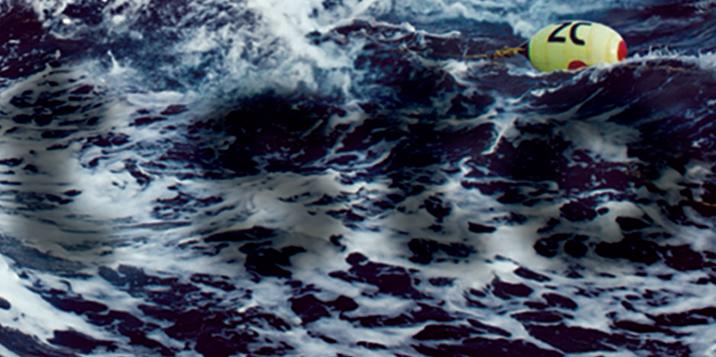
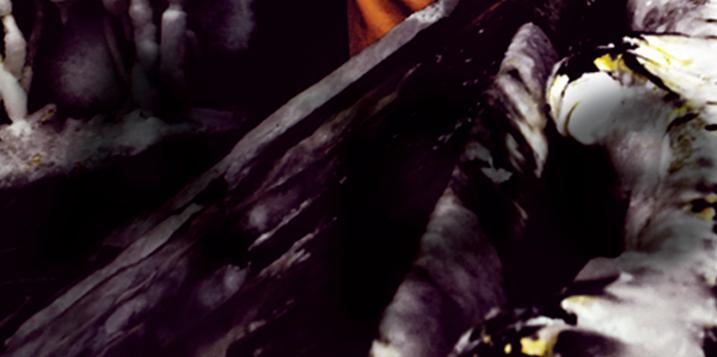
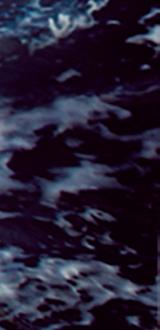
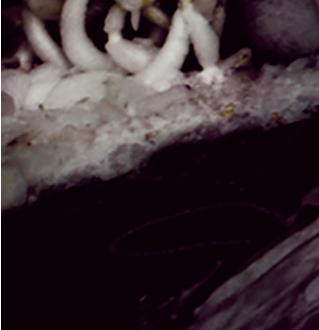
get a meeting because these people are now serving 10 different channels.”
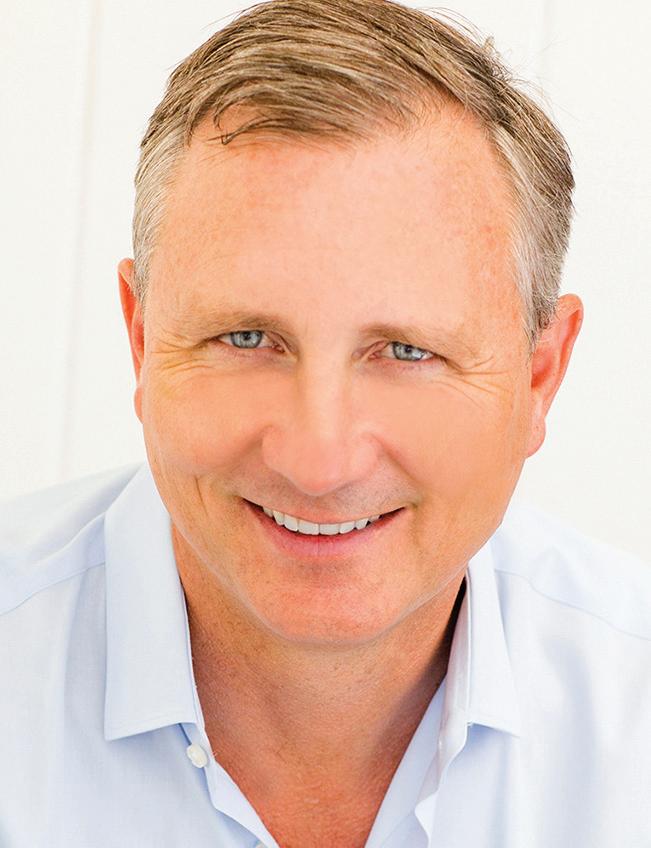
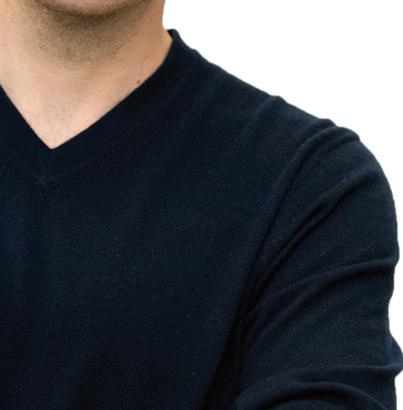
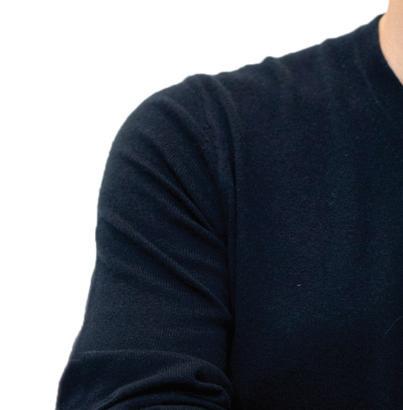
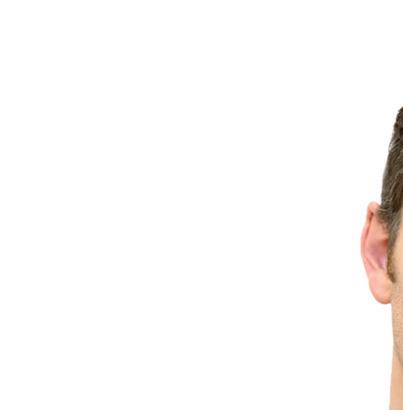
WBD froze commissioning through 2022 while HBO Max killed off originals across Europe. WBD CEO David Zaslav’s decision to can Batgirl, which had already been completed, caught headlines, but multiple projects fell victim to the merger, which also took with it the nascent CNN streamer and much-admired CNN Films.
“To see CNN drop out of the picture was a huge loss for all of us,” says Ethan Goldman, founder and CEO of US indie Anchor Entertainment (Model America, Undercurrent: The Disappearance of Kim Wall). “We had shows there gearing up for production. The rights reverted back to us, but I’ve still got to sell them to someone else.”
“We had a docuseries set up with HBO Max, we loved the team over there. To see all of those guys leave and that project fall away was really sad,” adds Patrick Weiland, president of Intuitive Content (Outdoor Channel’s Feral). “We’re taking it back out to market now with a whole new fresh take.”
While Goldman and Weiland got their shows back, many did not. In the US, a producer can often reclaim their project by repaying the amount the network invested. If a network has spent US$10,000 on development, the prodco could realistically repay that. If it has invested US$200,000 in a pilot it becomes more difficult. The higher the cost, the less attractive the project becomes to another buyer.
By January, Finch was keen to hold out an olive branch

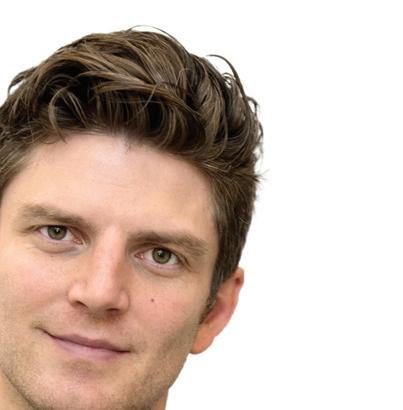
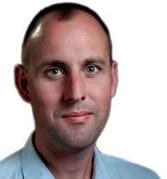
It’s all done by committee. You have a room of 30 people and with a big idea all it takes is one or two to say they don’t know. They might only be the social media marketing team, wondering how they would get engagement on TikTok. It doesn’t matter – show killed.
Patrick Reardonand say 2022 was “not how we wish to conduct business moving forwards.” She said there will be 4,500 hours of content commissioned by the group this year.
“Going through a big merger – and this was beyond a big merger, this was humungous – is tough. It’s tough on our content creators, our partners and our staff,” Finch said. “We’re rear-view-mirroring it and we’re thrilled about what 2023 is. They were painful decisions. I know what it feels like to be a content creator and have your work undone. None of it was taken lightly. Wherever possible we’re working with creators to find new homes for content.
“I get that people would be nervous [about working with us again], but I hope they won’t be. It was a moment in time that has nothing to do with how we intend to run this company. It’s started to happen in other places, too. It’s not how we do business, it’s not a strategy.”
Do producers believe her? “What choice do we have?” one replies. “Mergers are always tough. We have to trust them because they’re in charge of so many networks.”
Several producers thought the move of Lee over to Discovery was telling. At TLC, he was known for making stars of everyday people – something Discovery Channel was known for previously and would like to be again, according to Finch, who says the channel wants to make “heroes of everyman.”



Jesse Fawcett, who launched Fireworks Media (Pamela’s Garden of Eden on Hulu) in the US and Canada in the teeth of the 2021 gale, thinks that’s a shrewd observation. “There’s definitely a lot of signs of belt tightening on the budgets which they feel have been pushed too high by Netflix,” he says. “They will revert back to what they’re known for and what works. We’re already hearing about a shift away from celebrity, and the cost of celebrity, and back to the core of Discovery. They came from pulling people out of nowhere and making stars of them. Things got pushed into the stratosphere with the costs of celebrities.”
broken.” He says: “You can now go in with something that you love and is fully developed, that the network loves, is a perfect fit for them creatively and the head of programming loves – and that’s not enough for a green light anymore. It’s just enough to start the conversation.
“There will be a numerical ROI analysis to see if a US$400k-an-hour investment, or these days more like US$200k-an-hour, will be made back in years two and three. Some buyers are using computer and artificial intelligence analysis to look at these trends. There’s no creative ambition anymore because what will an algorithm say will work? What has worked before – because that’s the only information it has.
owns
now. At one point I said to an executive, ‘Do you want this in colour?’
But another producer, speaking off the record, says the problems of working with Discovery go beyond commissioners leaving, budgets being cut and commissioned shows being dropped. There’s a sense they “don’t really know what they’re doing anymore,” he tells C21, and are getting the basics wrong. “You have a show on the Discovery networks, they just don’t market it. Nobody knows it’s on,” he adds.
Nancy Glass Glass Entertainment
Is lowering budgets and eroding trust with producers through 2022 really going to lead to what Finch describes as the “best stories” ending up on Discovery’s channels? “If we’re honest, Discovery hasn’t been anybody’s destination for an idea for a long time,” the same US-based
first-choice producer tells C21.
“It hinders creativity. You’re playing in the safety zone as opposed to taking risks. Mike Darnell would put insane, wild stuff on Fox and it worked – it was crazy and they could market the hell out of it. That process doesn’t exist at networks now, it’s all done by committee. You have a room of 30 people and with a big idea all it takes is one or two to say they don’t know. They might only be the social media marketing team, wondering how they would get engagement on TikTok. It doesn’t matter – show killed.
“The viewer suffers because there’s no innovation, everything is a spin-off of a spin-off. You used to get mandates saying, ‘We’re looking for unexpected worlds.’ Now we get mandates saying, ‘We want shows for under US$300k an hour.’ There’s nothing creative in that.”
an hour.’ There’s nothing creative in that.”
When even Alex Gibney, the renowned documentary maker behind
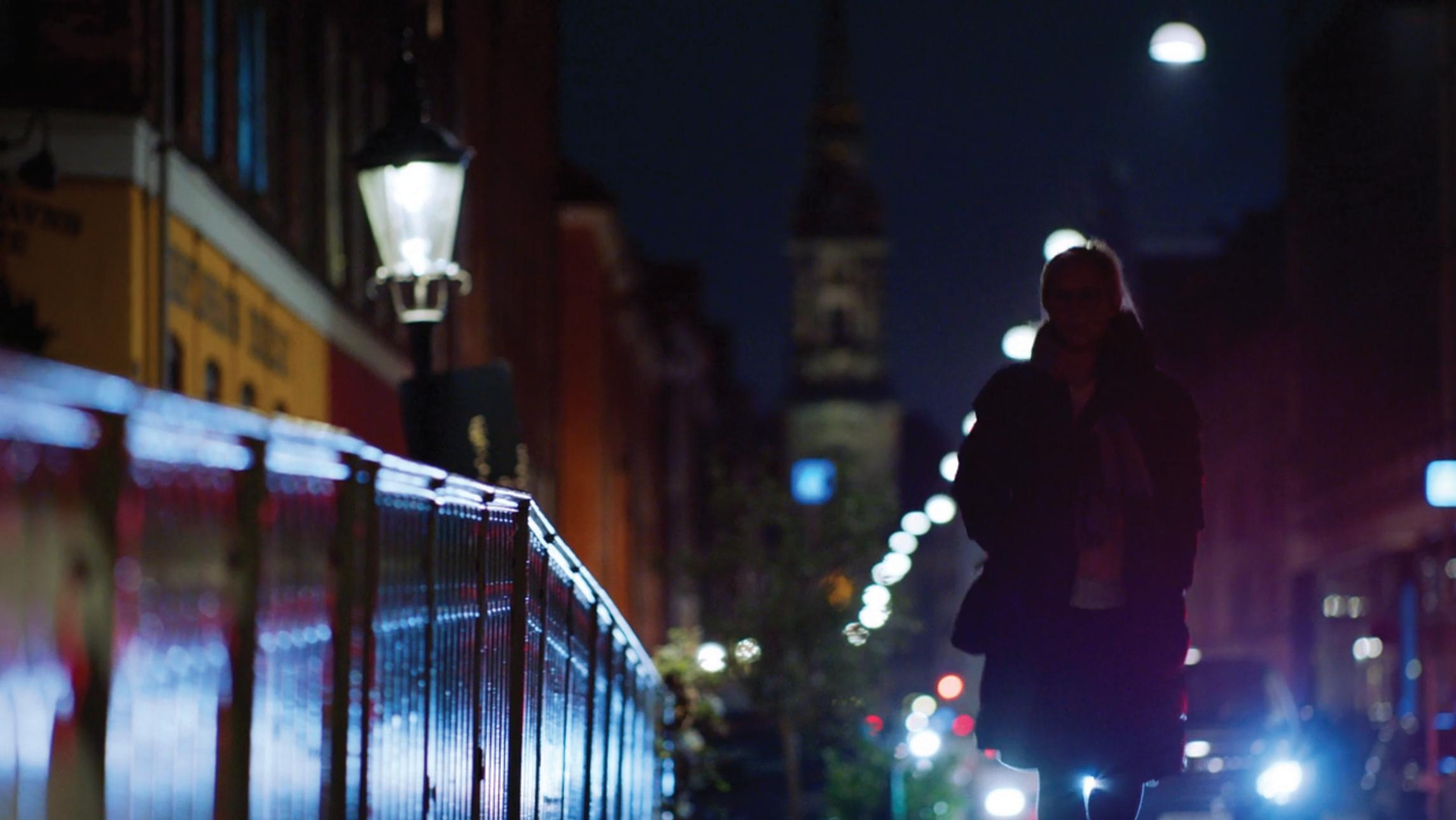
films such as Taxi
a particularly frustrated figure and describes the process of pitching unscripted shows in the US as “completely
Jupiter Entertainment’s Reardon cuts a
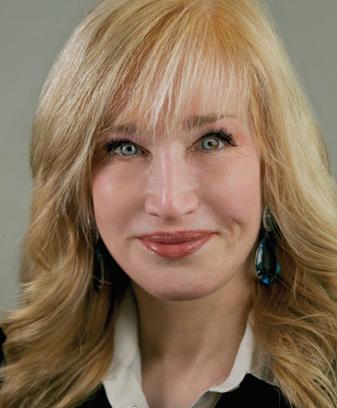

“ We know the budgets are shrinking because one platform
so many channels


to the Dark Side and scientology exposé Going Clear, says he’s feeling the influence of mergers and consolidation and streamer algorithms on his projects, you wonder what hope mere mortal producers have.
“The cautionary note I would sound is around the whole idea of trying to impose commercial formulas on work,” Gibney says. “One of the great things about authored documentary is they break free of those formulas. The best ones have all the great elements of great characters and narrative drive, but they’re not driven by an algorithmic formula that says, ‘At minute 14 it needs to turn the switch this way.’”
Gibney reveals he does get such notes sometimes but says: “I resist them. Having been in this for long enough I can push back in ways others can’t.”
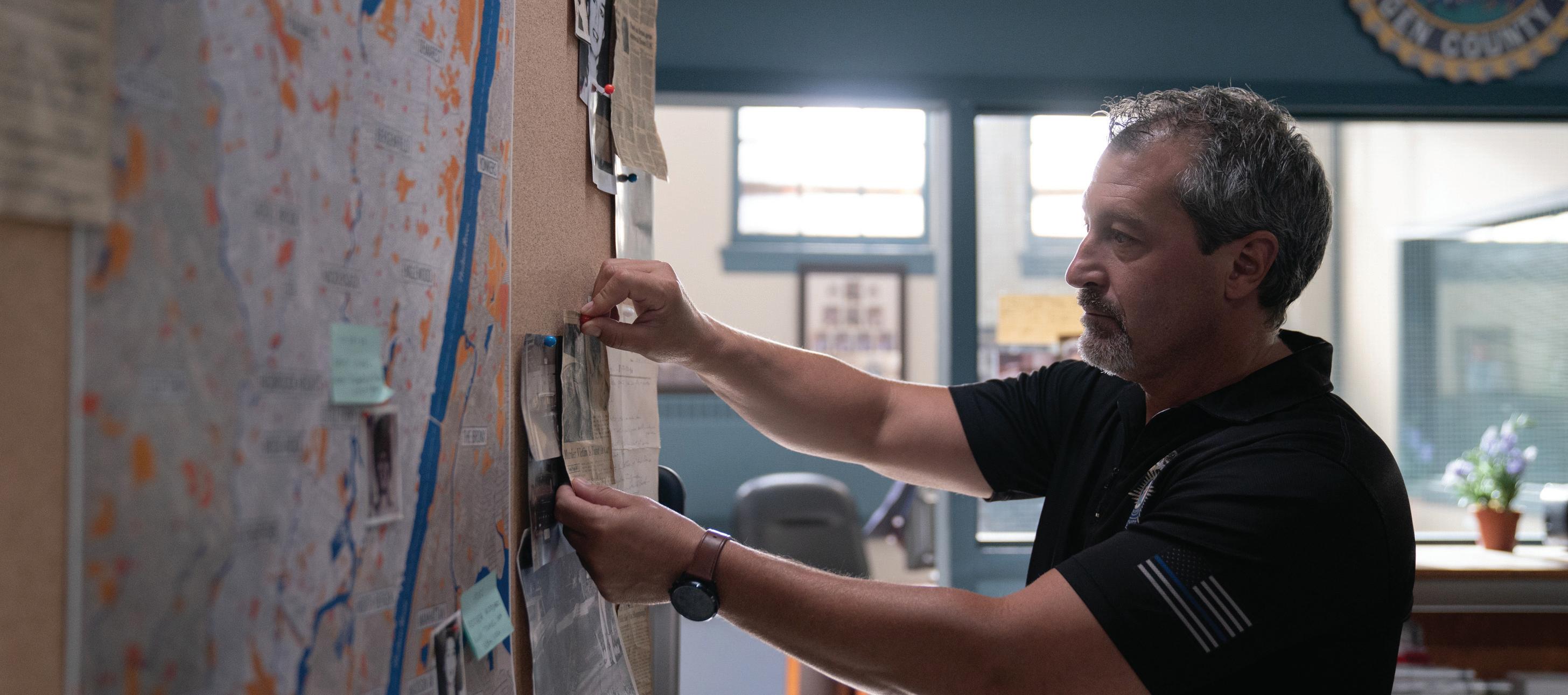
Glass had a similar experience. “I had a crazy story documentary, which the commissioner loved,” she says. “We developed it, it went into testing and they couldn’t pick it up because when asked, ‘Would you subscribe to this network to watch this?’ it didn’t score. That’s a very high bar. You’ll see more shows like Harry & Meghan [Netflix] and Casey Anthony: Where The Truth Lies [Peacock], because if it’s familiar or in the zeitgeist, people will sign up for the service just to see that.”
While Kate Harrison, president of Canada’s Cream Productions, agrees that pitching “has lost its immediacy” and “the deals aren’t as good as they used to be,” she’s finding US cablenets that used to insist on taking all global rights are now flexible.
“The conversation is now not only about this great idea but the best way to get it to the finish line and how can we as producers, and distributors, make it an easier jump,” she says. “You’ve got to remember the people we’re pitching to have spent the last two years wondering if they’re going to lose their jobs. If I was them I’d be keeping my head down too. They don’t have the power, it’s in the chief financial officer’s hands.”
JC Mills, president and head of content at Toronto-based Cineflix Productions (A&E’s Torso Killer Confessions), is also seeing silver linings from US networks keen to make use of Canadian money and tax breaks, while in-house distributor Cineflix Rights can come in early and retain rights to US shows. “The US networks are open to playing more coproduction ball than they were even two years ago. They just want US rights now, which hasn’t been the case for a while,” he says.
But, he adds, while 2022 – the year of the mega-merger
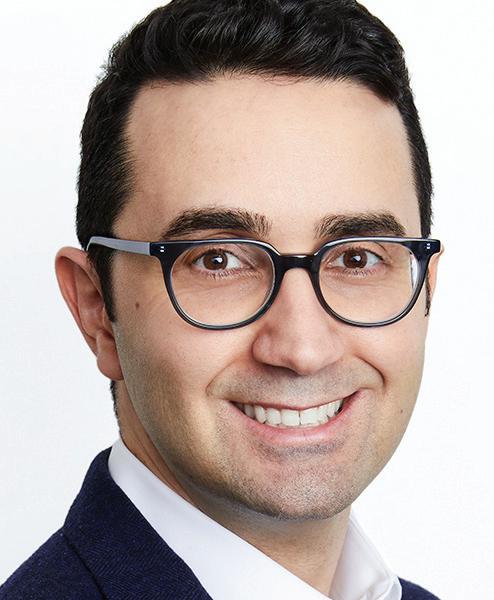
– may be behind us, more problems could lie ahead. “Discovery had to merge to protect the business because of Netflix,” he explains. “They took on a mountain of debt to do it, which now needs servicing, and that trickles down to us. Then the market turned on them when subs didn’t grow as fast as hoped and the ad market fell because of the recession. Many networks haven’t ordered shows for months.”
Fawcett agrees about both the economic situation, and the rights picture opening up, adding: “The question is what’s going on in the ad market – that’s the leading indicator. I was hearing at the end of 2022, ‘Batten down the hatches, zero commissioning in 2023.’ But now it seems to be veering towards more of a soft landing. Keep looking at the stock prices of entertainment companies – the biggest question is the economic one. What the advertisers do will trickle down to us.
“We’re Canadian and US, so I was used to doing coproductions. It went away for a while, it now seems to be back. The complication is with everybody having free ad-supported streaming TV [FAST] channels, it’s now less about territories and more about windowing.”
Since the birth of reality television and the rise of companies that made it during the last writers’ strike, the story for US unscripted producers has been one of constant knocks, challenges and downturns. Keeping the show on the road, finding a way to get things made, has been their key strength. They’re currently fighting a triple threat.
Former Lion TV US CEO Tony Tackaberry, another exec who felt emboldened to set up his own indie, Station 6, last year, perhaps sums up the challenges and opportunities best. “There is a realism, acceptance and pragmatism that people are applying to the market,” he says. “That’s not to minimise what’s happening – people losing their jobs is tough – but we have to figure out a way through.
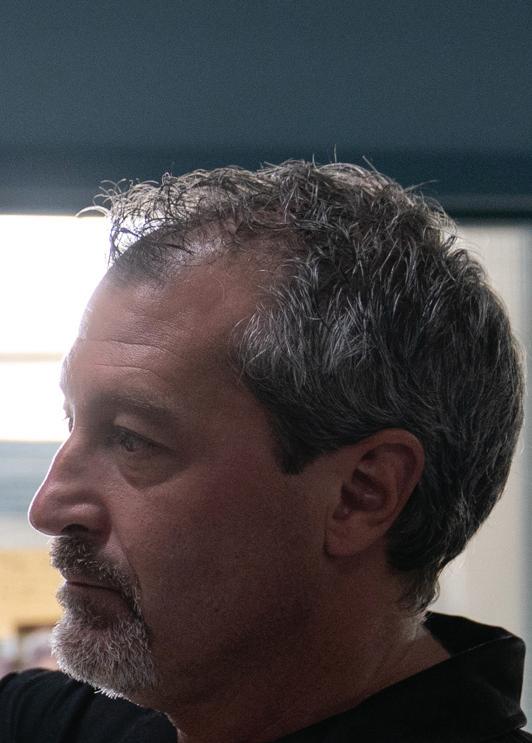
“There are five main buyers for our content now whereas when I came to the US 20 years ago there were 50, and I don’t think we’ve seen the last of that consolidation and culling, frankly. But, on the other hand, there is this incredible momentum and growth behind FAST. There are a couple of other networks you could point at and wonder where they’re going to be in the not-too-distant future, but there is an element of giving with one hand and taking away with another.
“We’re survivors, there’s a resilience, we’ve seen things come and go, and that’s an asset.”

“ You’ve got to remember the people we’re pitching to have spent the last two years wondering if they’re going to lose their jobs. If I was them I’d be keeping my head down too. They don’t have the power, it’s in the chief financial officer’s hands.
HarrisonCream Productions
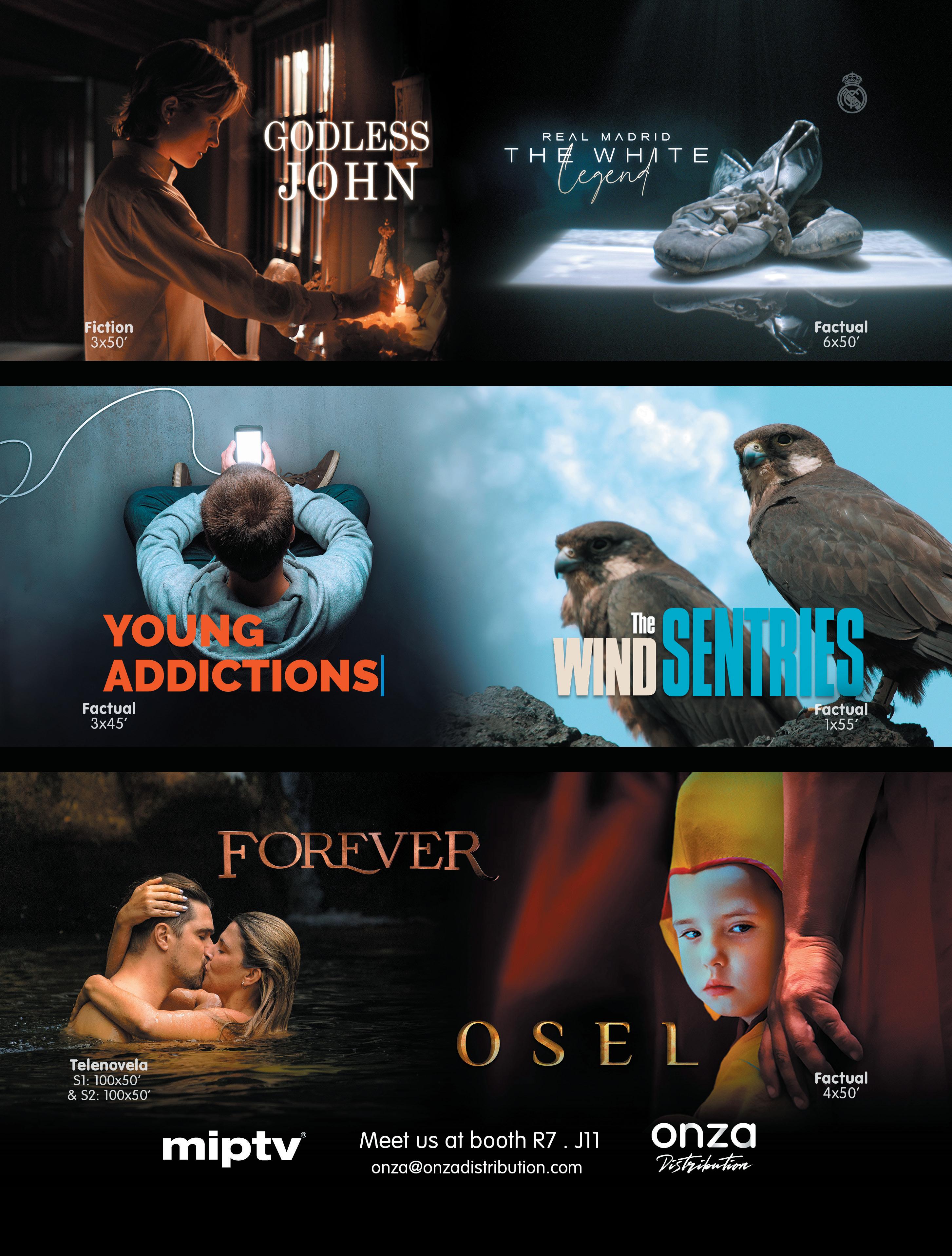
With a potential US writers’ strike likely to lead to a clamour for more ‘stranger than fiction’ documentaries, what makes a good one and how can the genre avoid becoming exploitative as it proliferates?
for m ma bec By Clive Whittingham
By Clive Whittingham
The Netflix shows that have created the most buzz of late have frequently not been in big-budget original scripted, but an unscripted genre you could lazily group together as ‘stranger than fiction.’ Think about the streamer’s shows you’ve gossiped about with your friends – has it been scripted, or was it Don’t F**k With Cats, The Tinder Swindler or Tiger King?
This trend for limited series and feature docs telling true stories too unbelievable to be done as dramas is the latest turn of unscripted’s true crime wheel. Netflix took a serialised true crime format originally pioneered by Canal+ with The Staircase and reinvigorated it with 2015’s Making a Murderer at a time when US cablenets like Warner Bros Discovery’s ID were bucking falling ratings and subscriptions with racked-and-stacked, selfcontained, one-hour true crime shows.
More recently, Netflix has innovated again, taking true crime away from its staple investigations into stories of women murdered by men into the realm of extraordinary stories that don’t necessarily involve violence.
So many of the best examples of this type of show –including the aforementioned Don’t F**k With Cats and The Tinder Swindler, as well as Netflix’s latest offering MH370: The Plane That Disappeared – have emerged from London-based prodco Raw TV, which makes the company’s founder and MD Dimitri Doganis a good person to ask for the recipe for stranger-than-fiction hits.

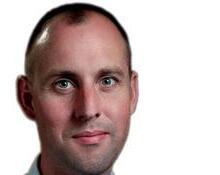

“We see a lot of different stories, and one of the things that is often lacking is enough twists and turns,” Doganis says. “The times we’ve got it wrong in development is where it’s an extraordinary thing but it’s one extraordinary thing. The first thing we look for is, ‘Is there enough happening here, does it go to enough places, is it surprising enough?’
“The worst thing about the job is when you think, ‘How are we going to end this if we don’t have a third act?’ There are ways you can manufacture that, but you have to think about it on the way in; you can’t think about that after it’s shot and in the edit and expect the outcome to be great. In The Imposter, we don’t solve the riddle, but we knew on the way that in it would have to be structured so it didn’t feel like a miss, it felt like a mystery.
amour s, what void
“The story is only half the battle. Whose story is it is a much more powerful question to ask when developing it. Here’s a crazy thing that happened – a phenomenon, a con, a scheme, murder – but whose story is this?

Defining that is what distinguishes the premium version of storytelling from the day-to-day, less extraordinary, less successful version.”
orytelling from the less version.”

That voice was key to recent Discovery+ commission career scammer Barry Minkow and the people he ripped off was produced by California-based The Content Group, part of Asylum Entertainment Group.
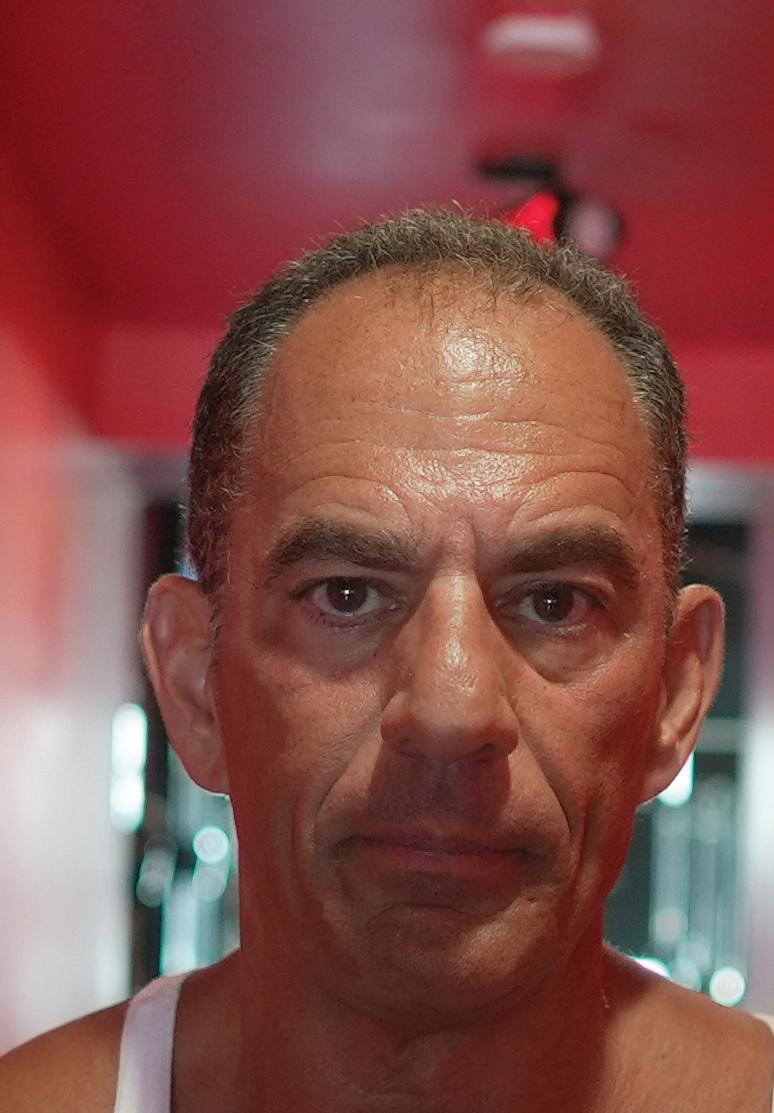
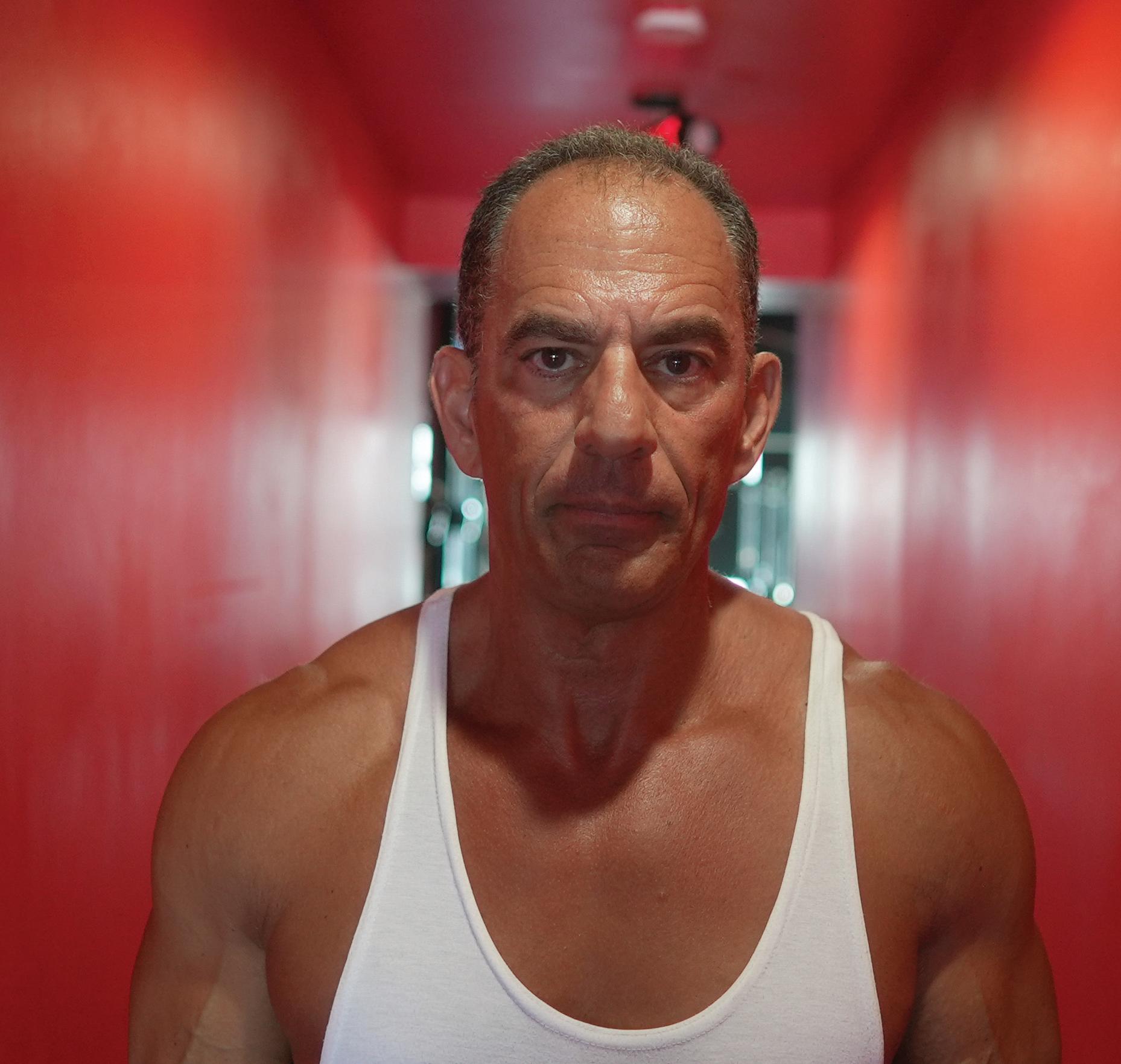
“Something this one had which we look for is the voices – who’s going to tell this story?” says The Content Group MD Jodi Flynn.
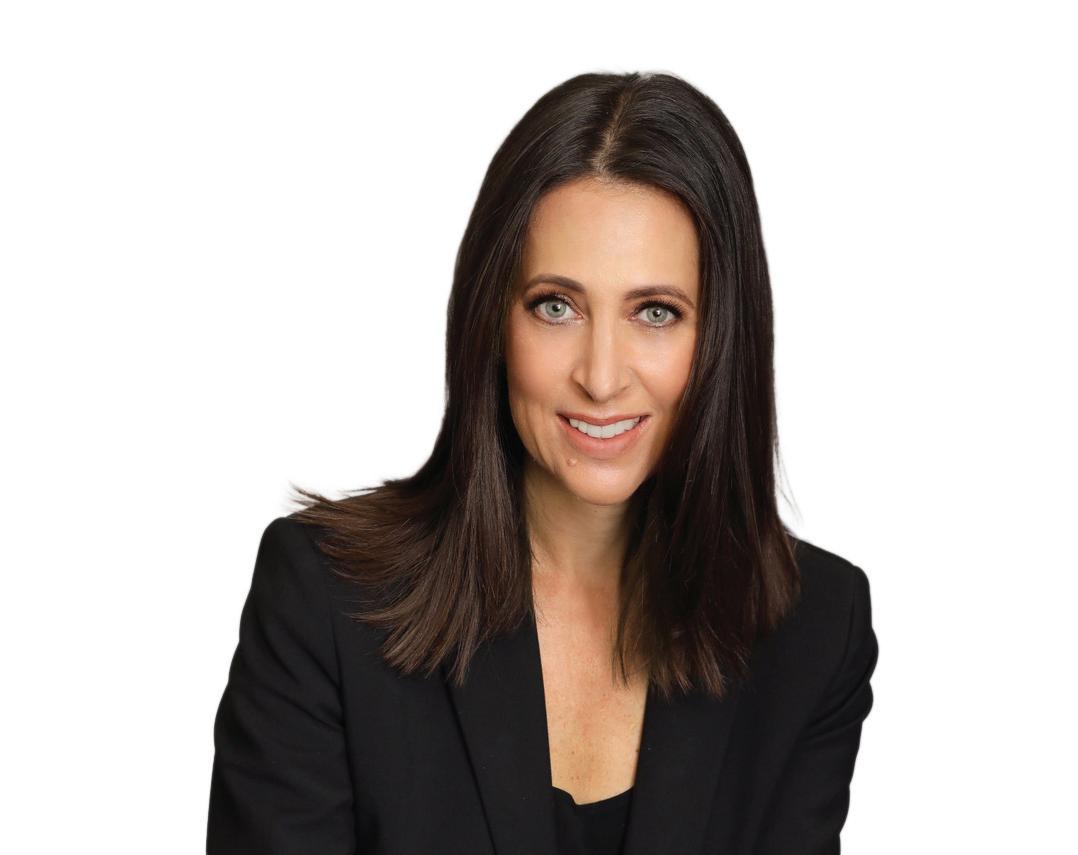
“If there isn’t enough archive, we can create that, but if you don’t have enough voices to tell the story, different points
hat voice was key mission King of the Con, about er off. The show rtainment Group omething one had which we up here isn’t ive, we can create but if you don’t voices ell rent
It used to be very hard to get anything commissioned without an ending. We don’t have to have the ending anymore because we’re looking for interesting stories. There has to be a satisfaction at the end that you’ve heard a complete story, but the story might not be over.

“
Jodi Flynn
The Content GroupThe Tinder Swindler
of view into it, then you can’t tell the story. That’s why it’s unscripted rather than scripted, having actual people to tell the story.”
Flynn says that as well as broadening out from murder stories, frequently the murder of women, the genre has also evolved from the crime having to be solved by the end of the episode, show or series. Breaklight Pictures, which also sits within the Asylum setup, previously produced Hillsong: A Megachurch Exposed for Discovery+, which had an openended conclusion and has since added further episodes as the story developed.
“It’s interesting we’ve evolved into a place where everything doesn’t have to have a solid conclusion,” she notes. “It used to be very hard to get anything commissioned without an ending. We don’t have to have the ending anymore because we’re looking for interesting stories. There has to be a satisfaction at the end that you’ve heard a complete story, but the story might not be over. There’s an ability to tell a story in a different way.”
Ari Mark, co-founder of US indie Ample Entertainment, concurs. His company recently produced three-part HBO doc The Invisible Pilot, about a smalltown crop duster who ended up in a drug-running operation that went right to the top of the Ronald Reagan administration.

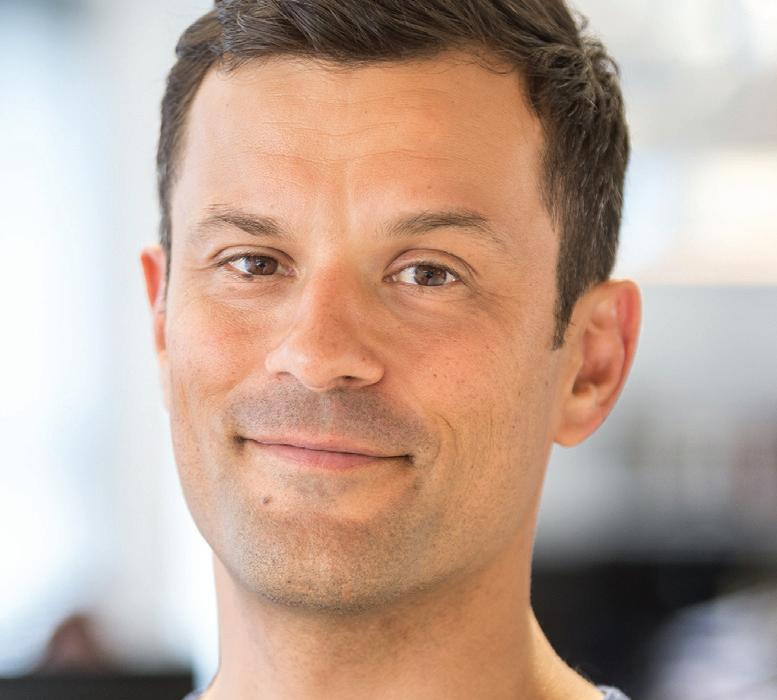
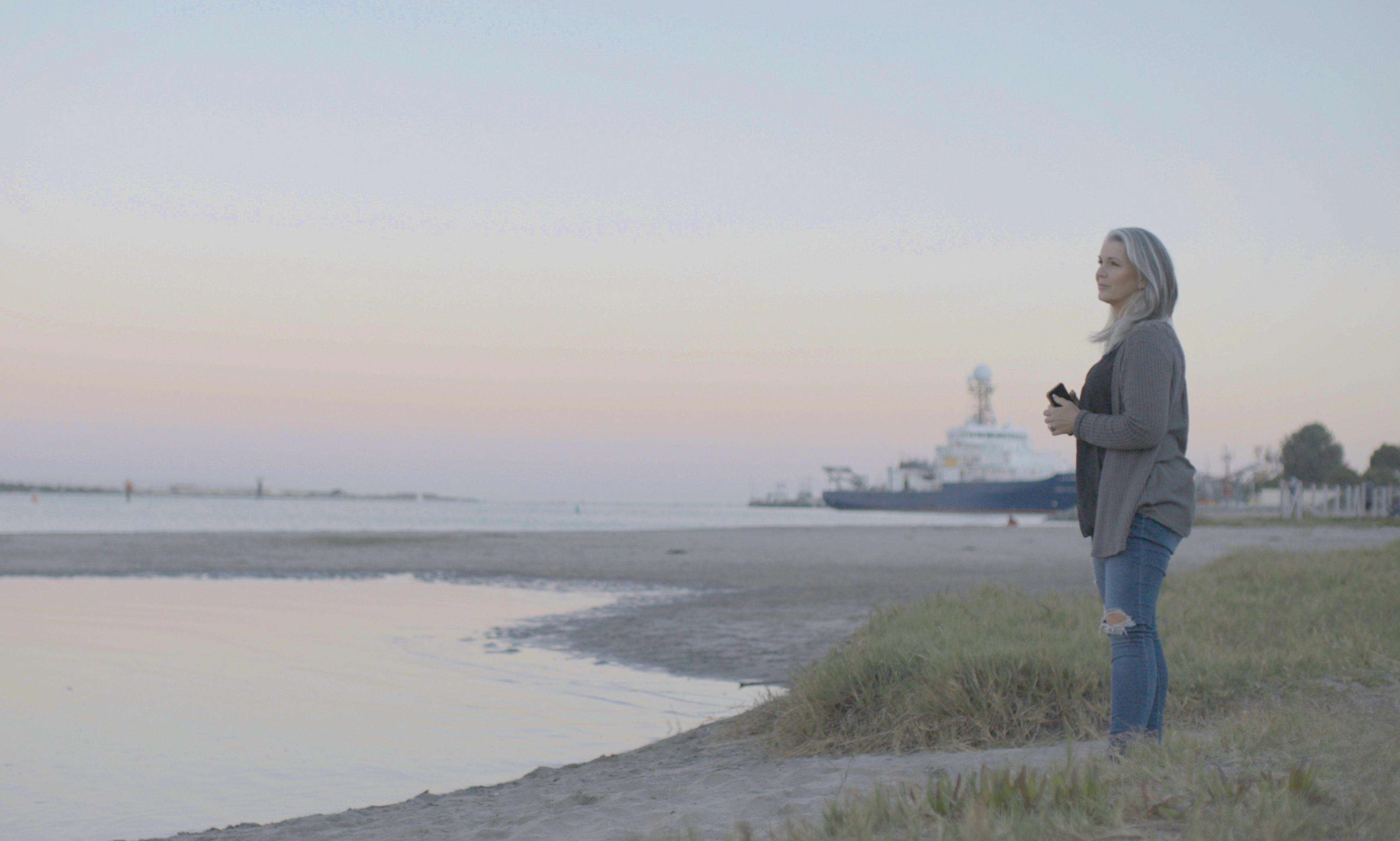
“Not to take anything away from the true crime genre in general, but there has been a tendency to make these stories very black and white; you have good guys and bad guys,” Mark says. “Part of what works about this and what we’re trying to do with our new shows coming up is to push it a little further into the grey area, let the heroes and villains blur a bit more. The Tinder Swindler hit a chord because we can all relate to the people and tech and the world, but there is also this blurring and questioning of who’s who.
“The Invisible Pilot is a bizarre story – is that enough? Often these things fall into an obscurity bucket because the story doesn’t collide with anything familiar. This one eventually collides with Reagan’s presidency. If you didn’t have that then does it really matter, or is it just a guy in a small town doing something fucked up? We know the bar is super high for these stories.”
By their very nature, however, these stories are rare, so as the genre proliferates and more broadcasters and platforms look for their own versions, how do you avoid it becoming exploitative? Netflix’s Crime Scene: The Vanishing at the Cecil Hotel was widely panned by critics, viewers and industry insiders for attempting to turn the death of a girl suffering a mental health crisis into another four-part cross between internet sleuthing and a classic haunted-house narrative.
“Just be a human being. Don’t be a dick. It’s not worth it,” Doganis says.
“If you ever find yourself thinking, ‘Oh well this is
just what you have to do…’ then you’re on the wrong path. Always think about the fact this will be seen by the people intimately connected with the story. If you know you’re going to have to sit with the family and the people involved before this goes out then that keeps you honest. You’re going to have to look them in the eye and explain your choices.
“It’s also just a much nicer process. These films are very difficult to make and very stressful. In the development and production and release of things, a lot of uncomfortable stuff comes out. It’s a way nicer process if you feel good about yourselves. We did Three Identical Strangers with triplets who’d been separated at birth. With those guys, it took three years to convince them to come on board with us. They’d been so scarred and bitten by media before that they were sceptical and reluctant. Going through the process with them, keeping our word, being sincere, was brilliant and an enjoyable experience for us and for them. Now if we’re trying to persuade somebody to go with us, we can just say, ‘Call those guys, those guys or those guys and they’ll tell you how we work.’”
With the threat of a writers’ strike looming in the US, there is a feeling 2023 could be a huge year for unscripted, which will still be able to be produced, at lower budgets, and with quicker lead times. With ‘stranger than fiction’ boasting narratives that could easily be drama plots, could this be a sweet spot like reality proved to be during the 2007 walkout? And will factual producers find themselves facing a lot of drama producers moving onto their patch?
Flynn is sceptical. “I don’t know if moving across from drama to unscripted is as easy as some people think,” she says. “It’s a very different world with different schedules, budgets and sensibilities. We’re often successful in downturns for the nature of what we do and how we work, but it’s more difficult than a lot of people think.”
“ Always think about the fact this will be seen by the people intimately connected with the story. If you know you’re going to have to sit with the family and the people involved before this goes out then that keeps you honest. You’re going to have to look them in the eye and explain your choices.
Dimitri Doganis Raw TVAmple Entertainment’s HBO doc The Invisible Pilot Hillsong: A Megachurch Exposed
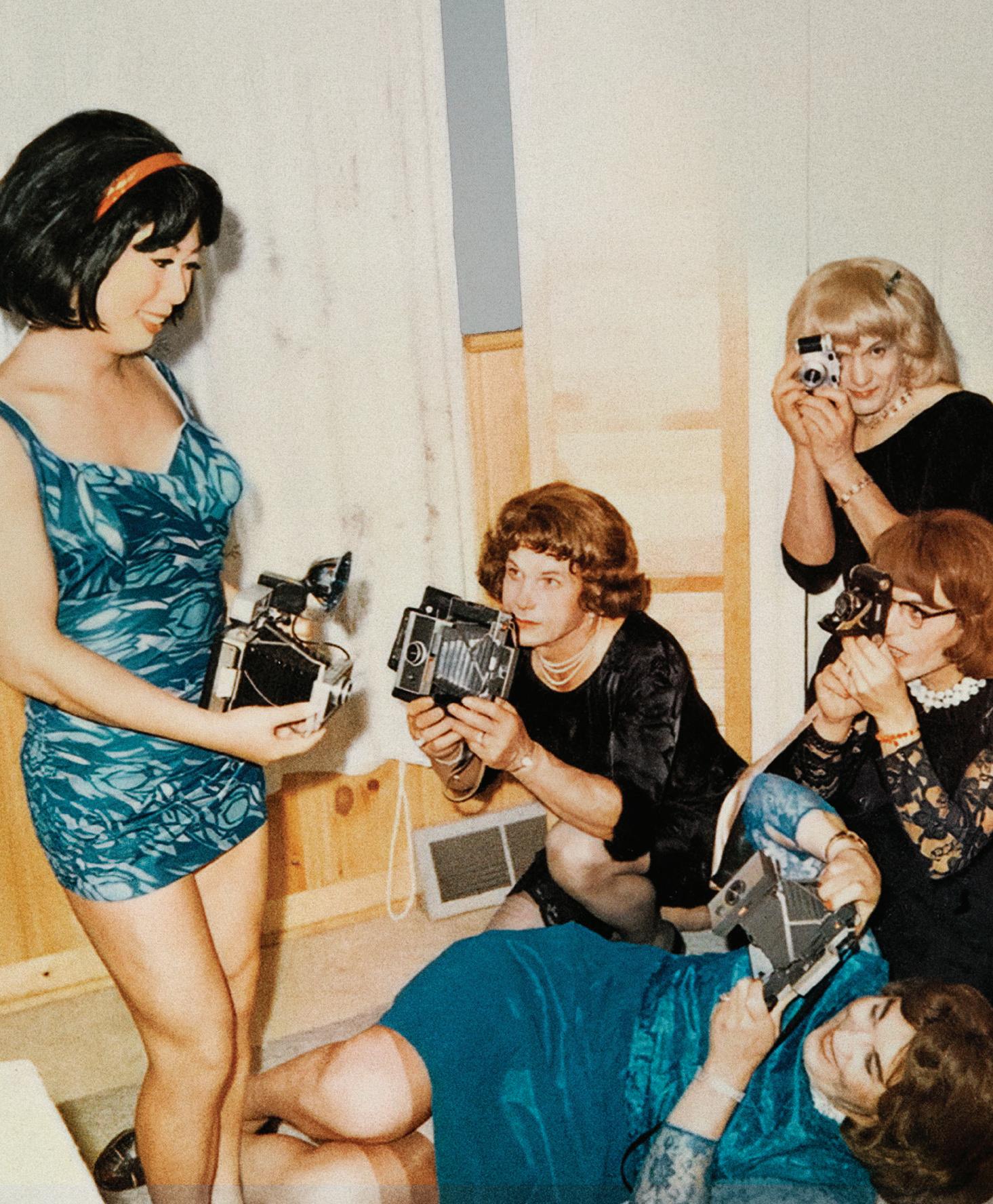
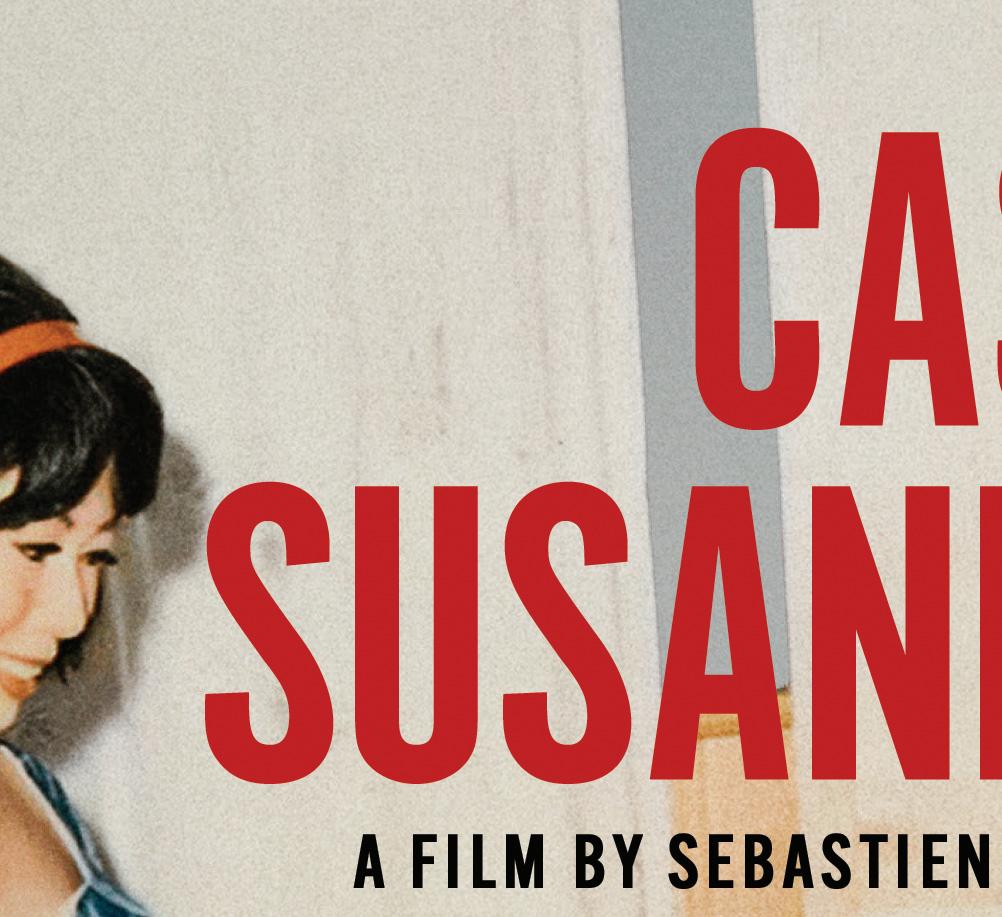



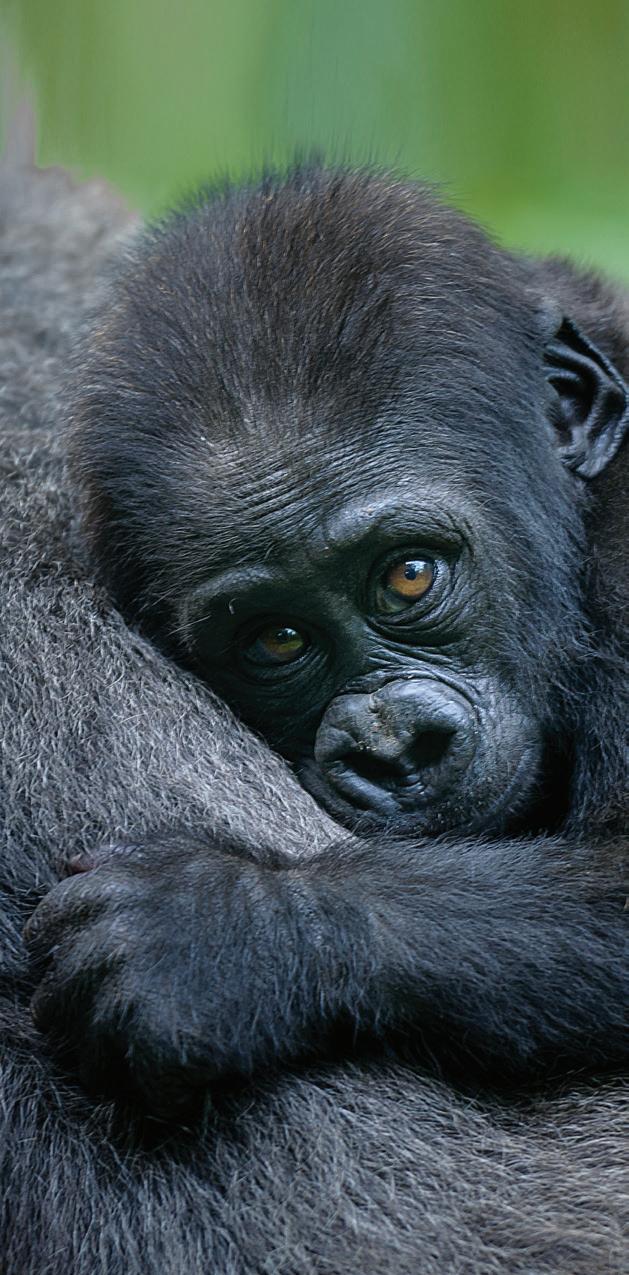


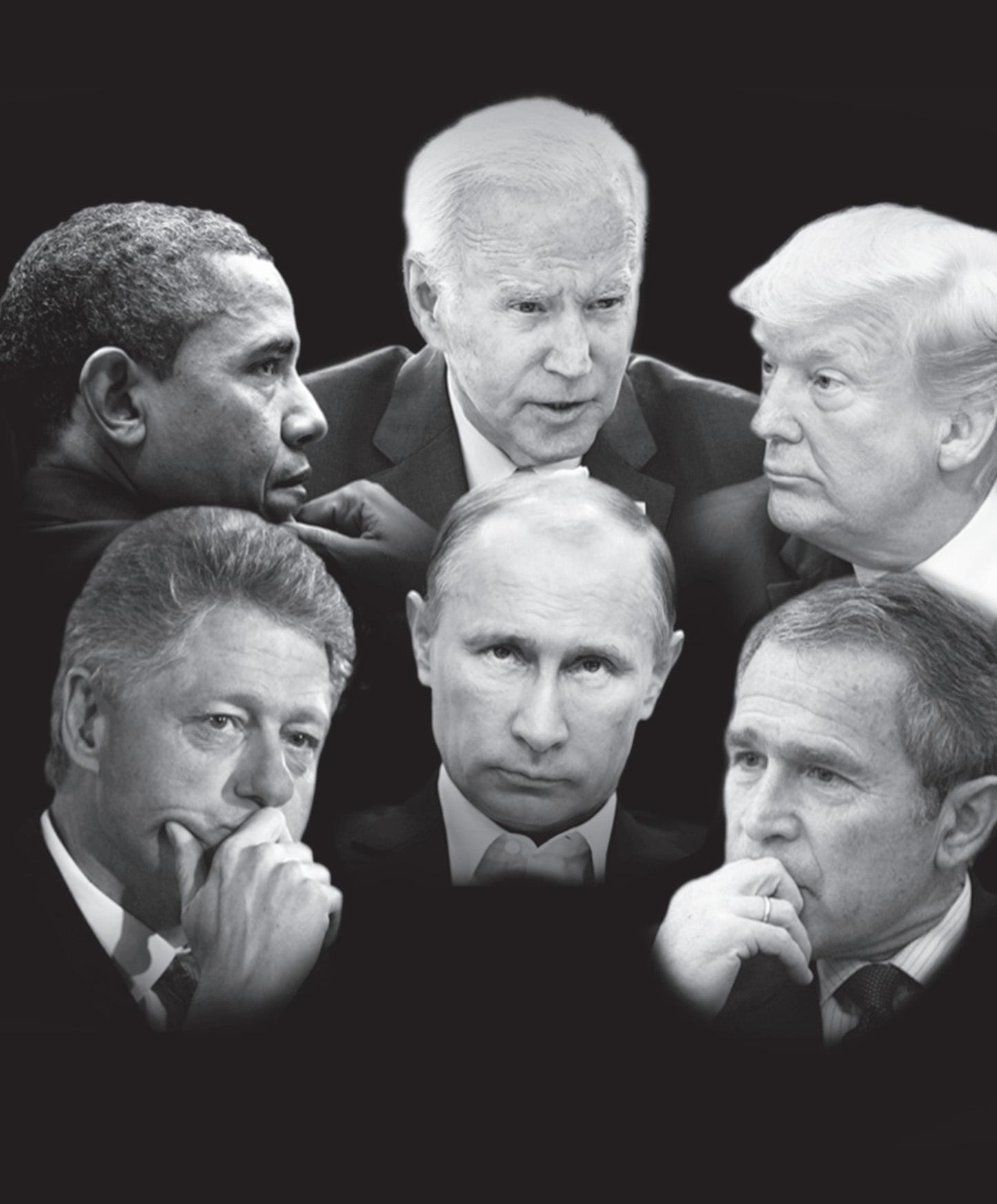
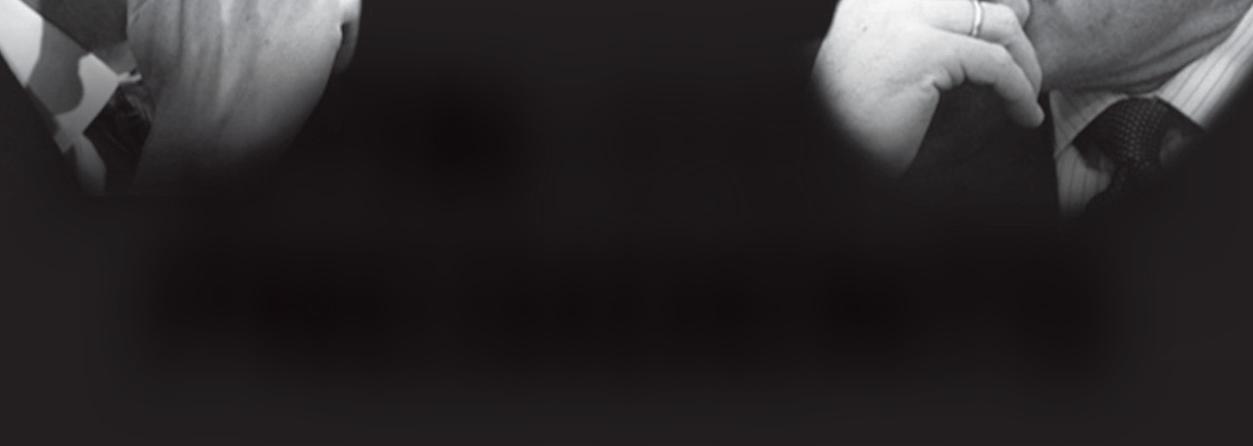
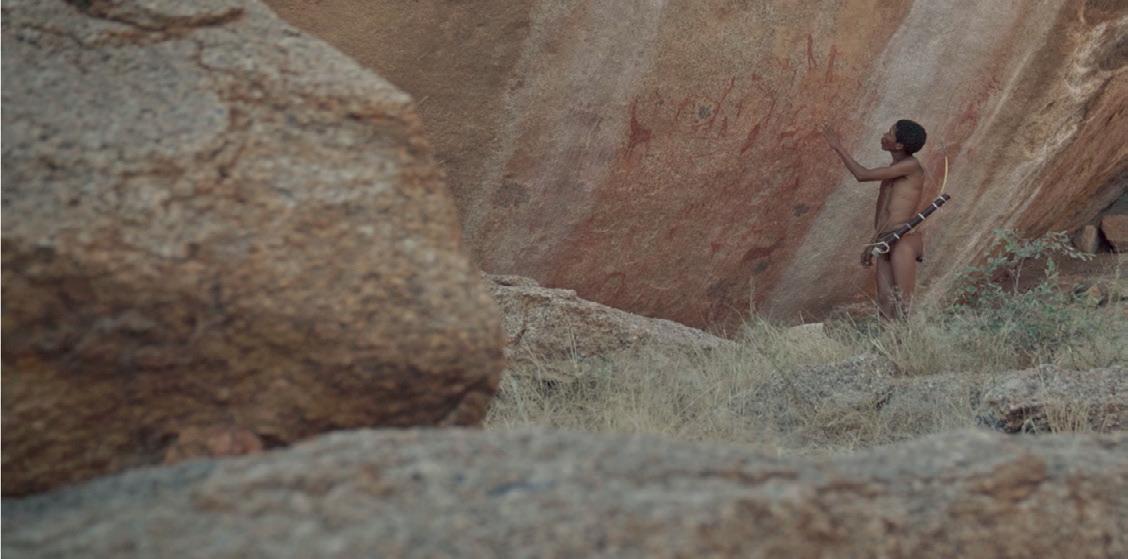
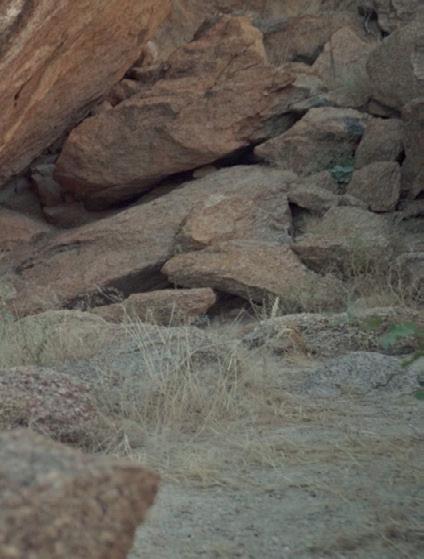
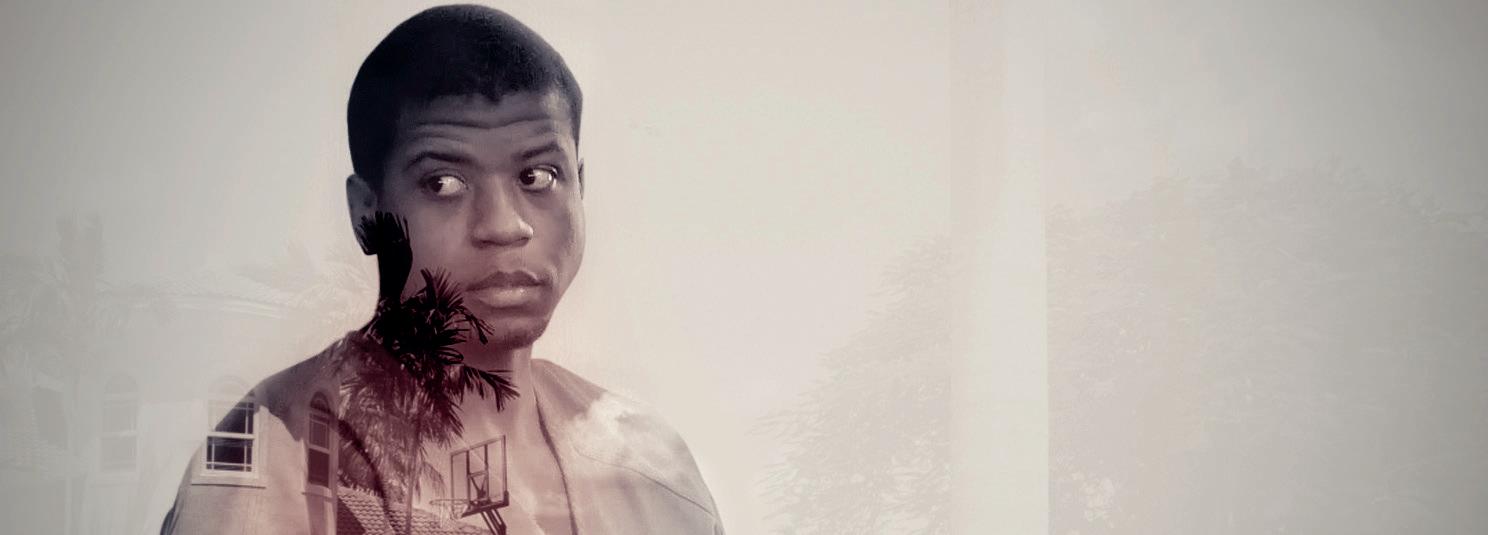


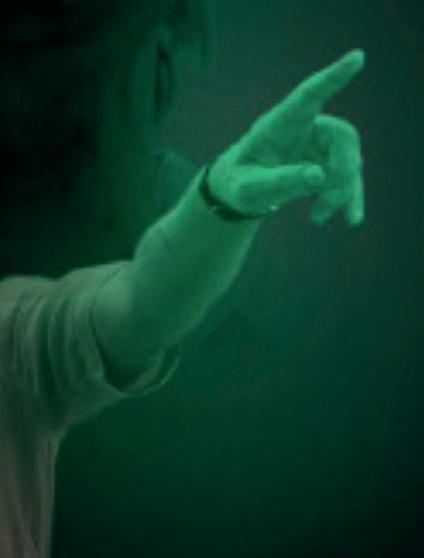

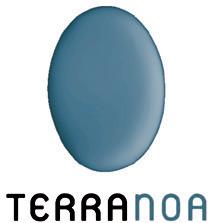


Welsh pubcaster S4C is revving up its international unscripted ambitions under Iwan England, who outlines his key priorities and content wishlist.
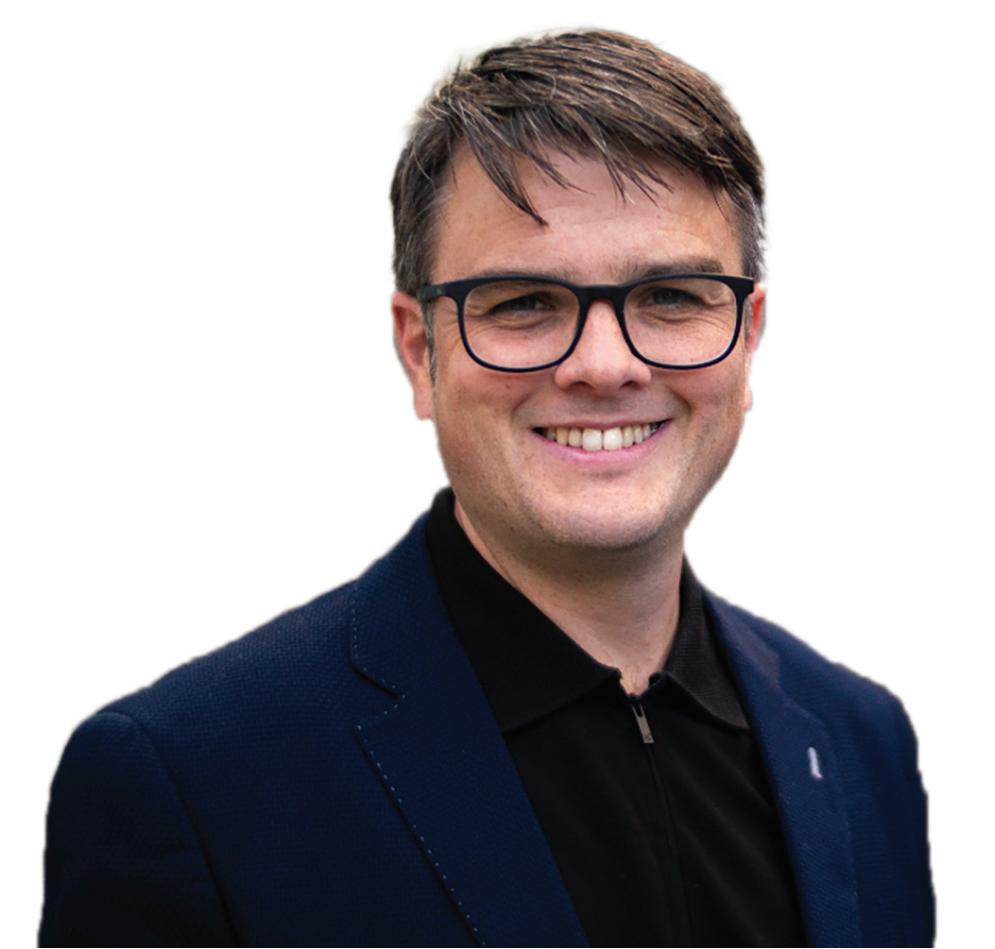 By Gün Akyuz
By Gün Akyuz
As part of the transformation of S4C’s content and multiplatform distribution strategy last year, chief content officer Llinos Griffin-Williams unveiled a revamp of the Welsh-language pubcaster’s commissioning set-up.
This included a major reorganisation of its commissioning team across scripted and unscripted and the arrival of Iwan England last fall in the new role of head of unscripted to steer development across specialist factual, premium docs and factual entertainment.
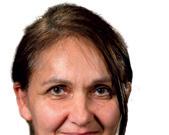

With Welsh viewers front and centre of S4C’s mission, a key focus under Griffin-Williams has been to grow its reach among younger viewers, and 24-44s in particular. This has already delivered a 35% increase in its share of that demo compared with 2021. Meanwhile, its peaktime share (19.0022.00) among 16-44s has more than doubled over the past two years, from 2.5% in 2021 to 6% so far this year.

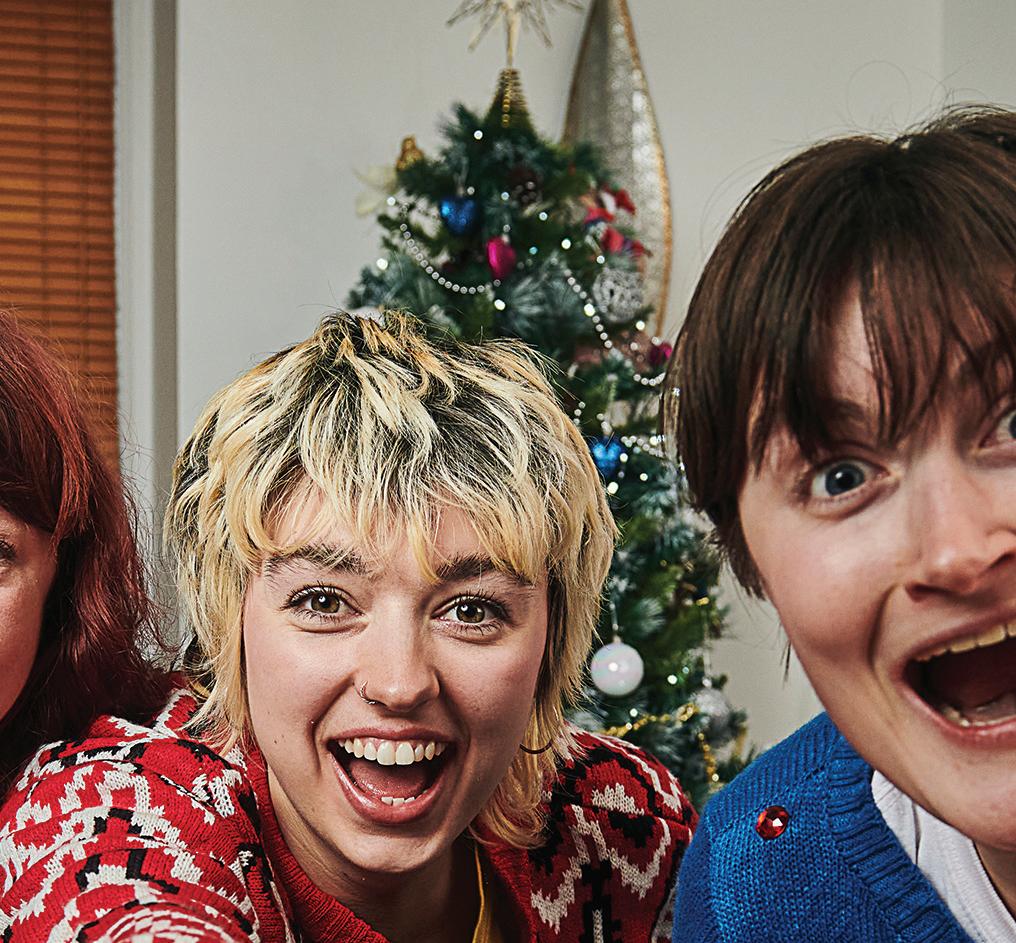
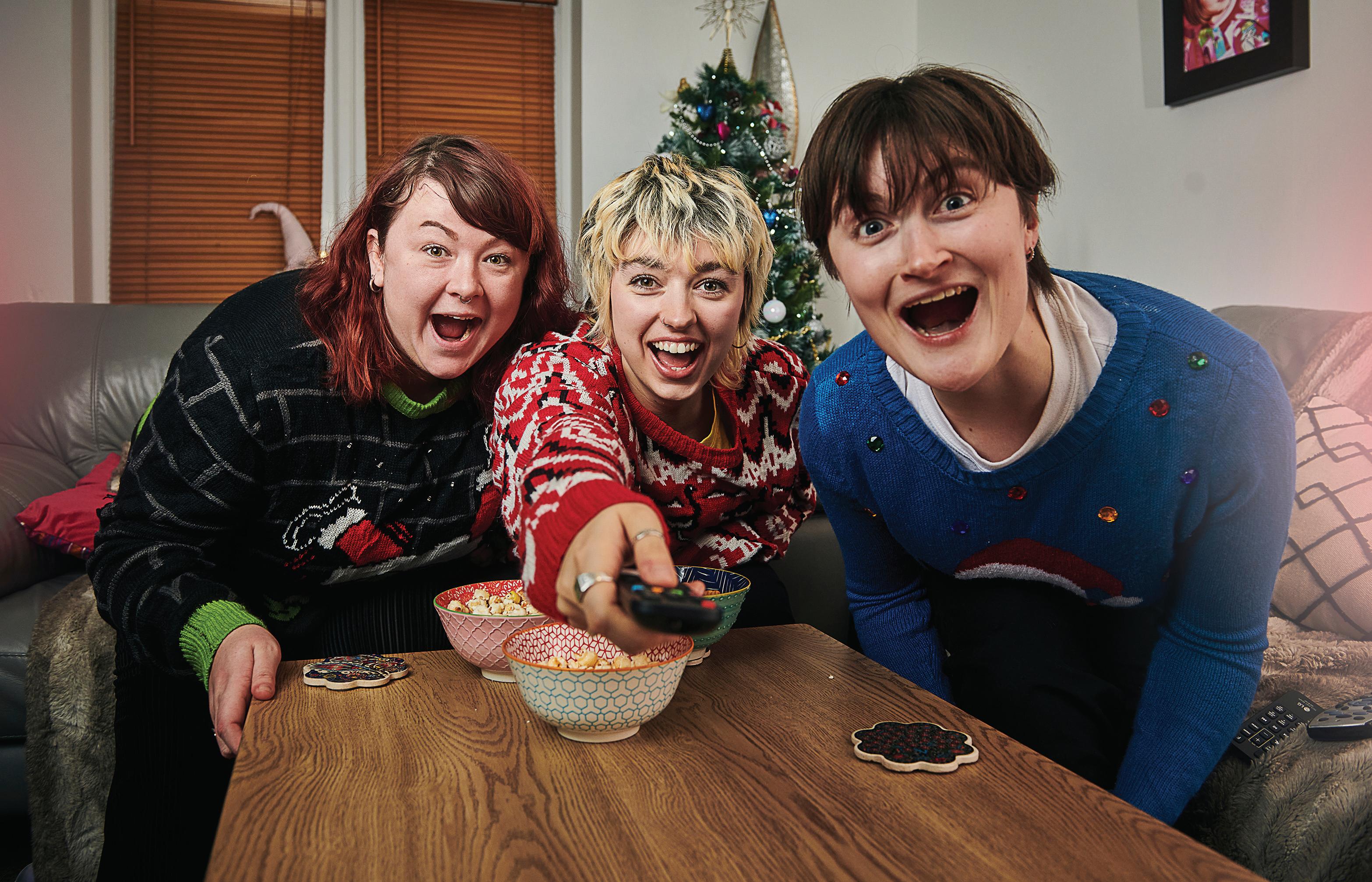
England is now establishing a new strategy to raise the pro le of S4C’s unscripted output and ambitions, both with viewers locally and partners internationally.
England highlights three key priority areas. The rst is to increase S4C’s unscripted coproductions and elevate them to the same international status and success S4C already enjoys in scripted, while the other two are premium two- or three-part
documentaries and fact ent formats.
“The big story that people in the industry are aware of in connection with S4C is scripted coproductions. We have successes in unscripted that we need to make more noise about,” he says.
While S4C has been less active in the factual copro field over the past few years, last year’s commissioning revamp under Griffin-Williams has given individual departments the resources to explore areas such as specialist factual in greater depth, says England.
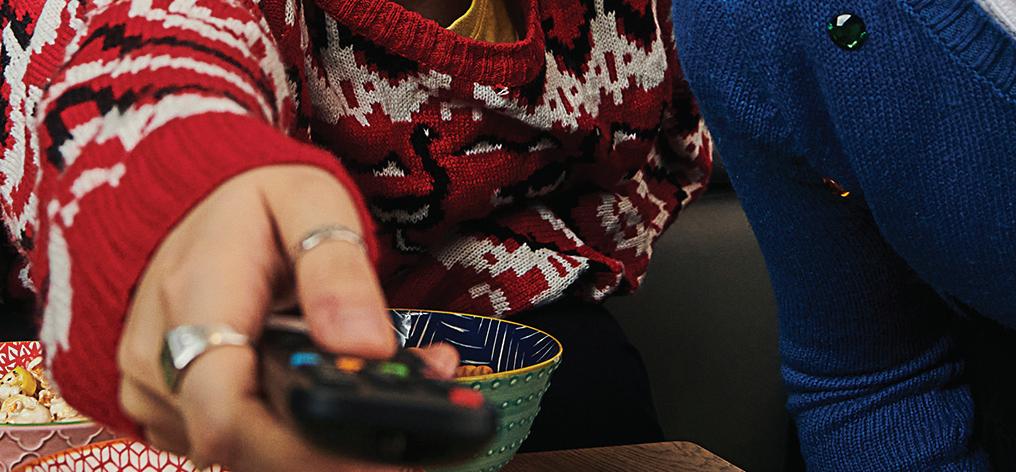
Specialist factual is one area of focus where England is “reimagining” what types of copros would be involved. All of them “will be highlights of our schedule and unlock the creativity of either our producers or the production capacity of partners that we can work with,” he says.
To be avoided at all costs are coproductions that “feel like an acquisition rather than an ambitious work that we have an editorial stake in,” he says, adding that S4C requires an “editorial voice” in projects it partners on.

Along with producers, S4C is also talking to previous partner broadcasters who, England says, “are raising exactly the same thoughts and asking the same questions as us.” The end goal is coproductions that make “all partners equally excited, avoid creative compromise and work
creatively to make the productions cut through for each partner.”
Local on-screen presenters and different versions for each territory are some of the ways to achieve this. A past example is S4C’s 2018 series The Wall, produced by Rondo Media and distributed internationally by Cineflix. The six-part series explores the lives of those affected by famous barriers erected in the US, Israel, Korea, Cyprus, Northern Ireland and Berlin.
Launching very soon is Stadiums (Jason Mohammad: Stadiymau’r Byd, 4x60’), a copro involving S4C, Irishlanguage broadcaster TG4, prodcos Loosehorse and Cwmni Da, as well as South Korean broadcaster JTV, with backing from LIC China, the Korean Communications Agency and Creative Wales. The series, which is fronted by BBC Sports presenter Mohammad for S4C’s Welsh version, spotlights iconic stadiums around the world, including Beijing’s Bird’s Nest Stadium, Seoul’s Olympic Stadium, Mexico City’s Azteca Stadium and Anfield in Liverpool.
S4C’s approach to specialist factual coproductions will evolve over the next 12 months, says England. He is also casting the net as widely as possible for partners. “S4C has a history of working with partners from right around the globe,” says England, highlighting Stadiums’ international partners, China and South Korea among them.
Genre: Docu-series
Duration: 6 X 60’


Genre: Docu-series


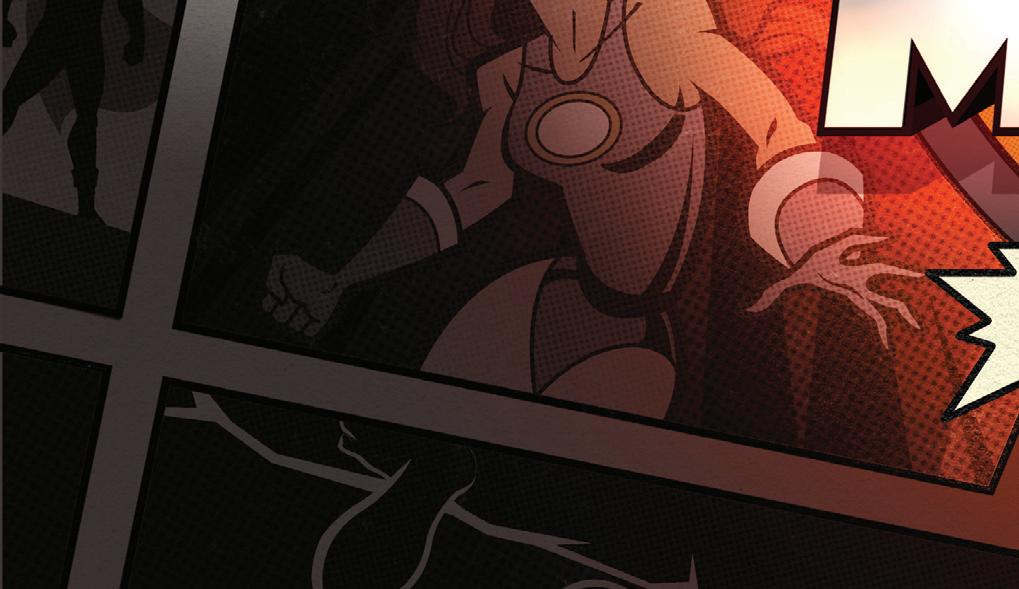
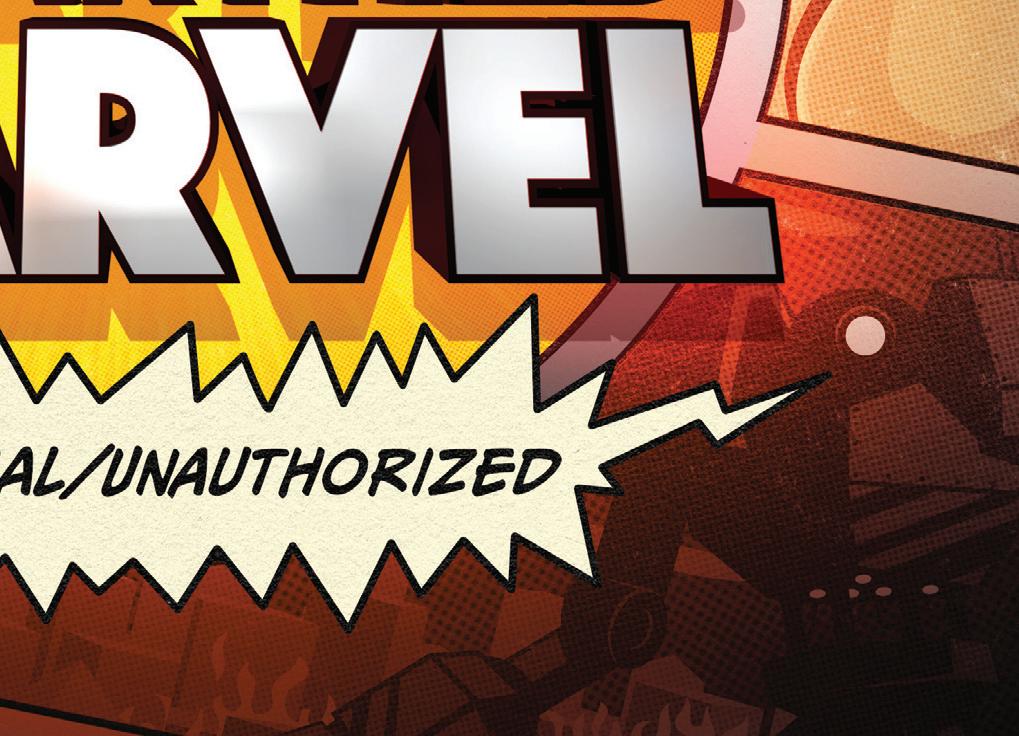

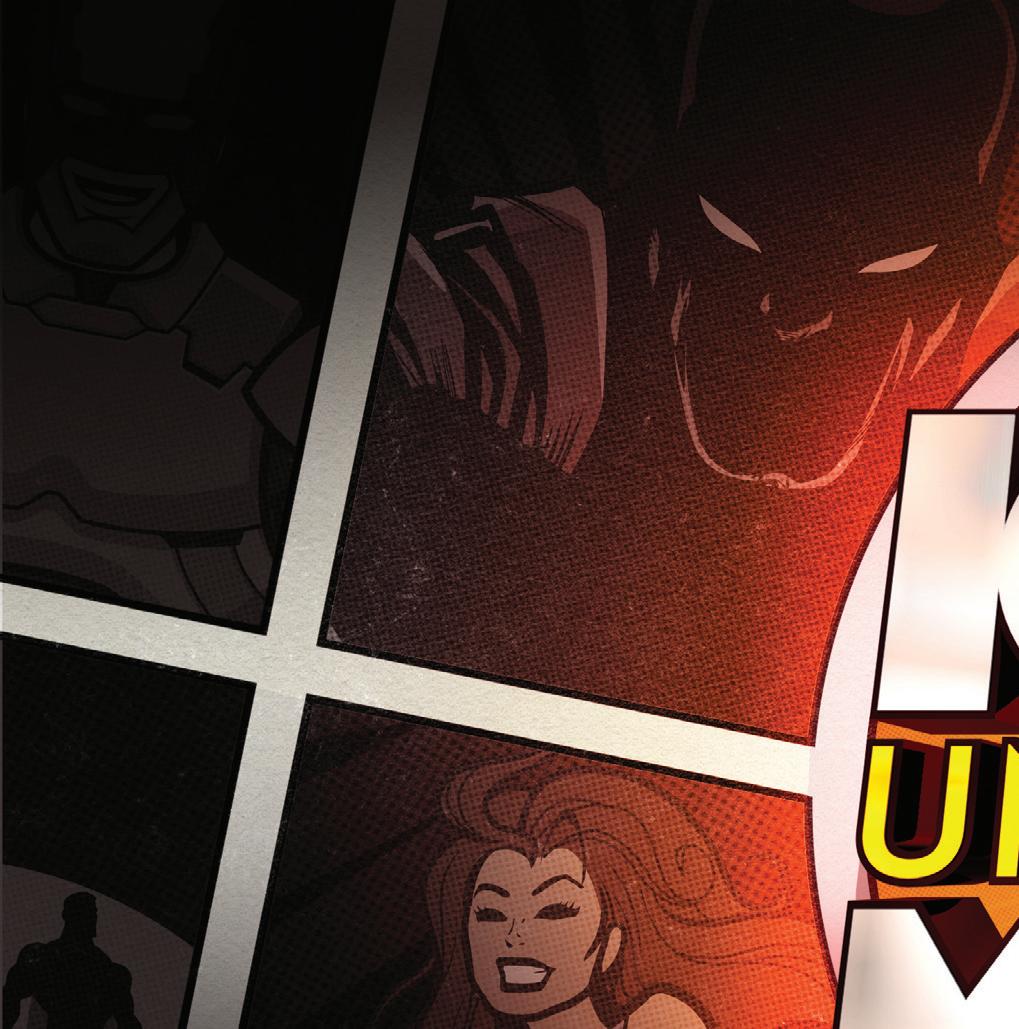
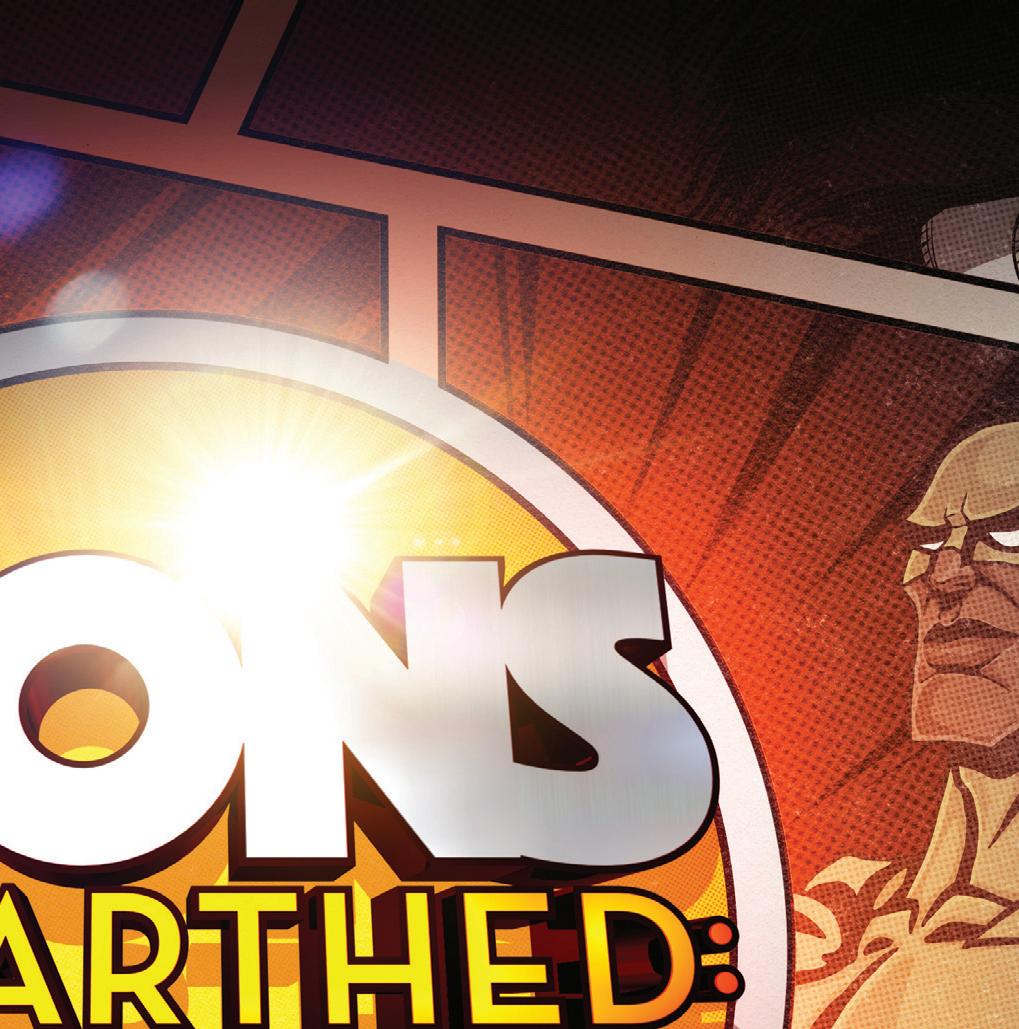
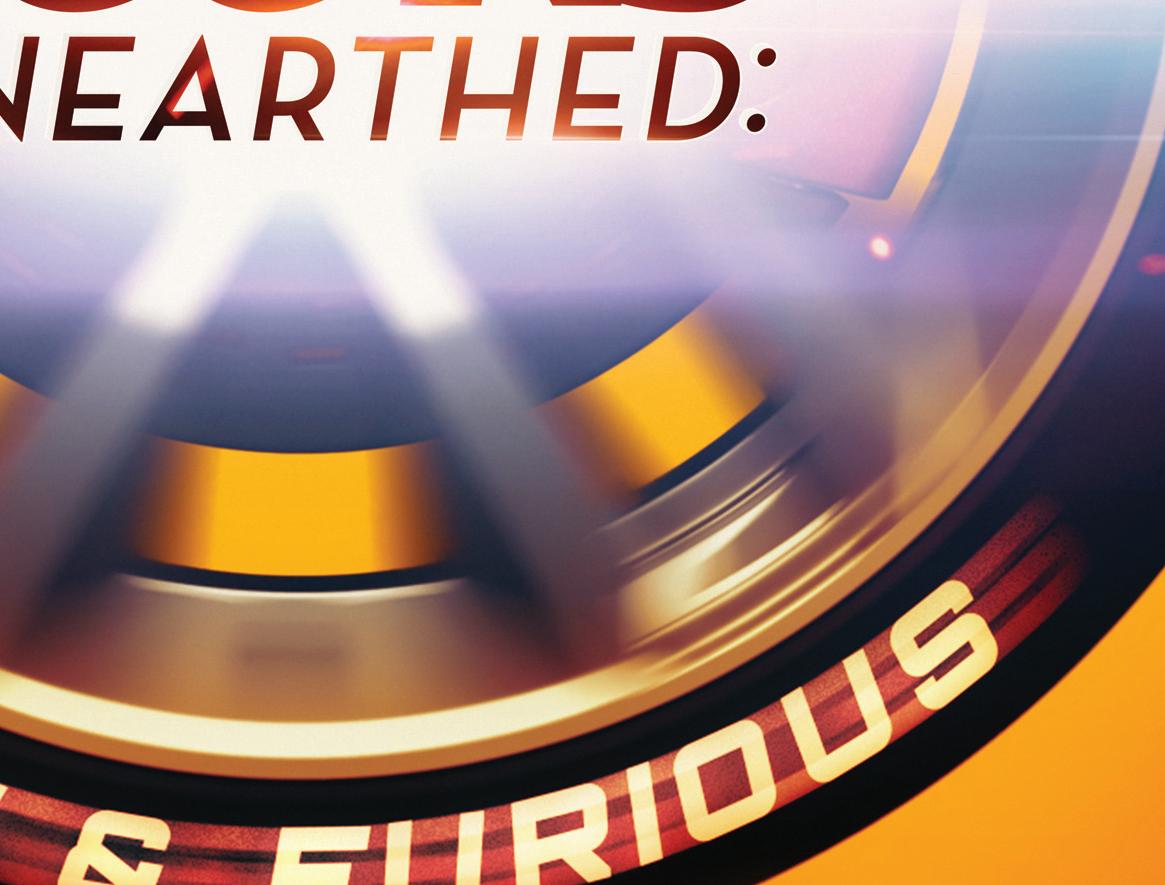
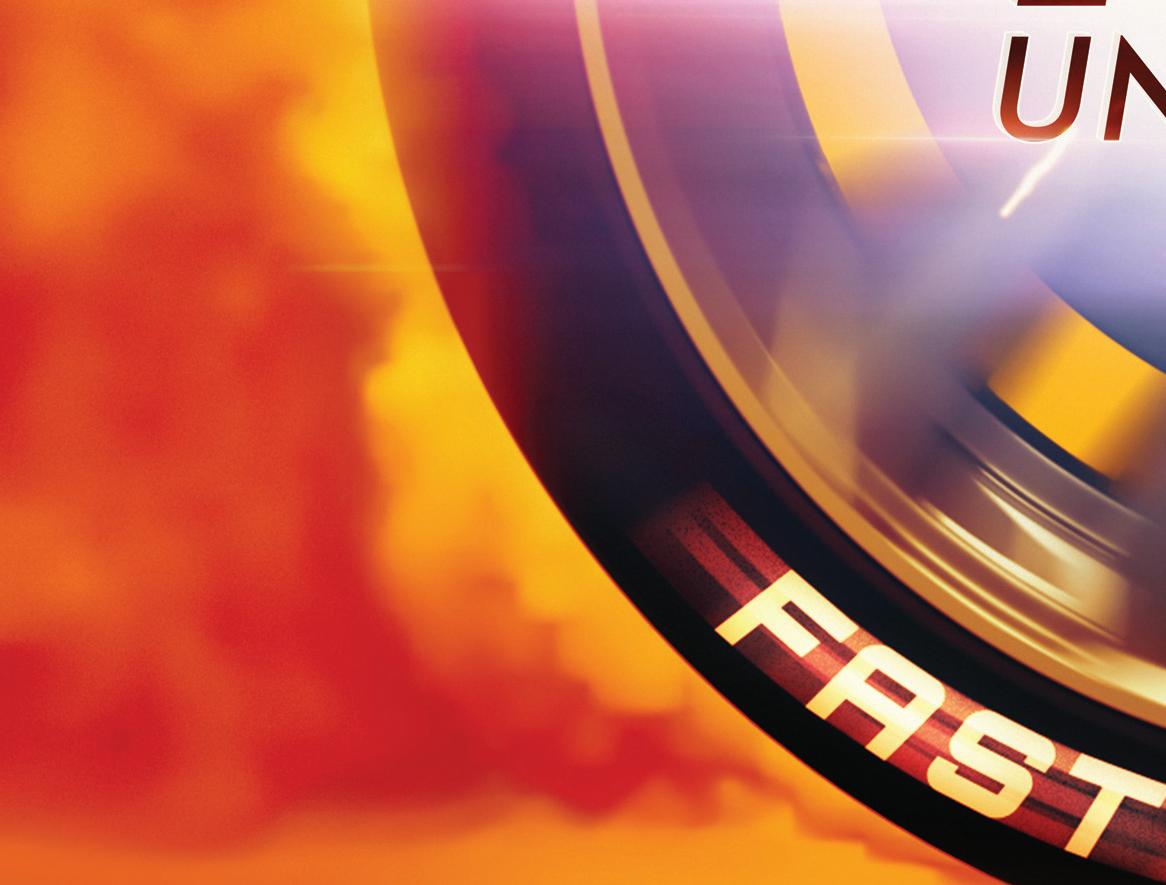



Duration: 8 X 60’


Projects will be selected case by case and are likely to have themes that work for broadcasters around the globe and could range from history to popular science.
England is also keen to encourage technology, such as CGI, to assist storytelling, or the use of novel storytelling devices that make the production accessible to a wider audience.
Another gap is specialist factual themes such as engineering that would work for a younger maleskewing audience in the working-class demo. While S4C is doing a good job of bringing in an older workingclass audience, it is in danger of underserving younger working-class viewers, observes England.
“The challenge for producers is how do you make our S4C audience feel some kind of ownership with relevance to their lives beyond something that they could get from a myriad other channels?” says England. “That could be talent or it could be the approach, or it could be cultural touchpoints that make them particularly relevant.”
England’s second unscripted priority is short-run premium documentaries of two or three episodes. Target themes include true crime, sports, recent history, plus pop culture and cultural ephemera.
New commissions include two sports docs. Gareth Bale – Byw’r Freuddwyd (Gareth Bale – Living the Dream, working title), from Barn Media, profiles the career of the Welsh international football star. The other is Qatar – Cymru Ar Ben y Byd (Wales on Top of The World), from indie Ffilmiau Twm Twm, an access doc that follows the Welsh football team and its fans on their historic journey to the Fifa World Cup finals in Qatar, which launched on April 2.
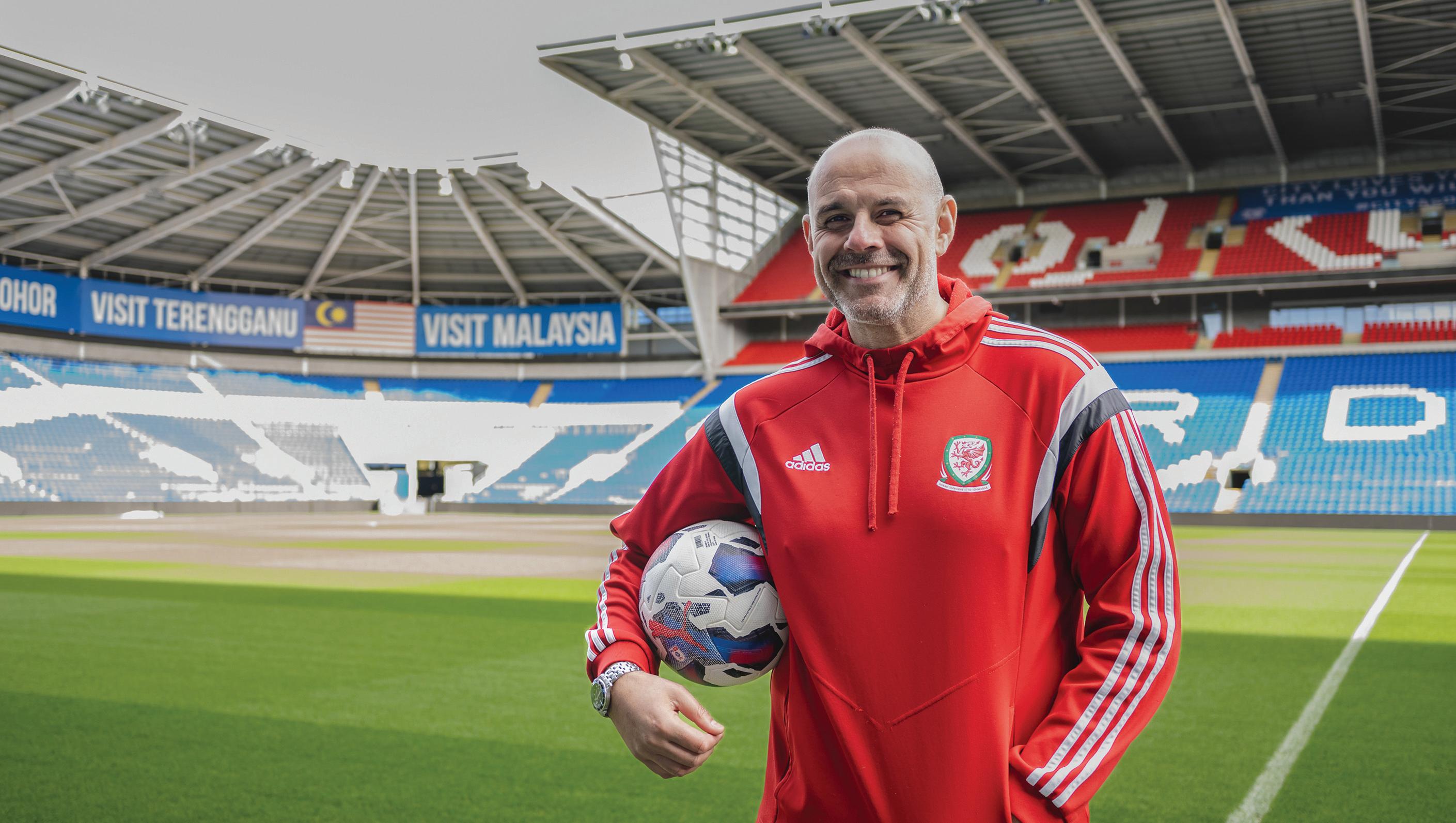
England is seeking to commission two or three true crime docs for the first quarter of 2024, with sport and pop culture docs to follow for 2024/25.
One area that S4C has covered less in the past is pop culture and cultural ephemera, says England. “We’re hoping to have some fun with these – a lightness of tone that can contrast with the darkness of some of the true crime docs,” he says.
In the true crime space, a priority is the ‘how-dunnit’ approach. “We’ve had a lot of contemporary crime in our schedule and some important documentaries, but this would be more of the past tense ripping yarns – how did they do it, how did they get away with it, or not?” he says.
A few true crime ideas have
already been identified following an initial callout by England. “We’re in discussions over several true crime two-parters, but there will likely be some coproduction involvement in at least one of them,” he says, adding S4C is looking at North America for production partners and potential broadcasters.
“Closer to home, we have fantastic relationships with other UK broadcasters and minority-language broadcasters, who are natural partners. The key thing is to find stories that excite all of us and will work for all our audiences. That’s the challenge.”
England’s third priority is to develop more fact ent formats. As well as the recently launched Welsh version of Gogglebox (Gogglebocs Cymru), the exec is keen to build on homegrown hits like Am Dro (Take a Hike); Reunion Hotel, soon to arrive on the BBC; and award-winning The Great House Giveaway, a collaboration with Channel 4.
“My ambition is that with an even more strategic direction, we can grow this further. We’re asking our production base to think about format ideas they have that can work
globally,” he says. “The important slogan is that great content can travel anywhere, and Welsh content can travel anywhere. Our scripted content has shown that and it works as a shop window for Wales, but more importantly it gives value for money to our audience.”
Under Griffin-Williams, S4C’s 2444 audience has already grown by 35%. “The challenging task for us is to sustain that improvement, so we are looking for those family formats that would help drive that and co-viewing opportunities,” says England.
The exec is now seeking fresh “unexpected” ideas in the fact ent space and is keen to find new adventure formats, which could be along the lines of an “adrenalised”
Take a Hike. “Wales is used as an adventure playground by lots of visitors every year and it would be great to come up with a format that takes full ownership of that,” he explains. Another is sustainability – an important theme for the 24-44 audience.
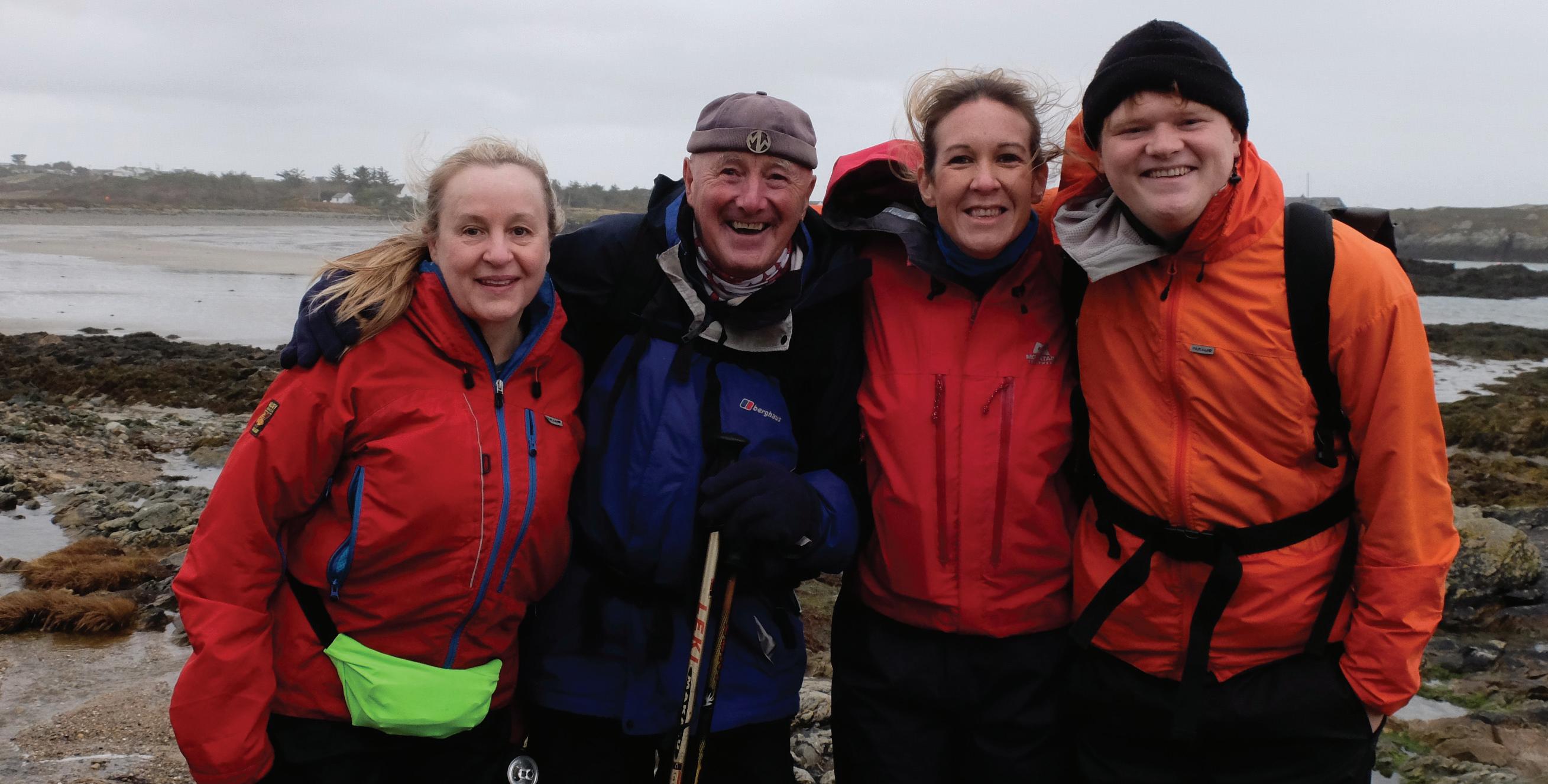
S4C holds ongoing commissioning rounds with opportunities still open for 2023/24, especially for reactive commissions, says England.
S4C
“ The challenge for producers is how do you make our S4C audience feel some kind of ownership with relevance to their lives beyond something that they could get from a myriad other channels?
ITV’s Jo
discusses the
opportunities that streamer
The launch of streaming service
ITVX at the end of 2022 has opened up an exciting range of new opportunities for ITV, according to Jo Clinton-Davis, the UK commercial broadcaster’s controller of factual. But while she describes factual content as “hot property,” Clinton-Davis says the strategy is for “fewer, bigger, better” factual pieces to sit on ITV’s new streamer and its linear channels.
“2022 was a varied and interesting year for factual,” says the exec, reflecting on ITV’s recent performance. “The important lesson is that you need to do really standout pieces in a very crowded marketplace, shows that have sold themselves inherently through their title, through that impact, through the promise to the audience.”

Clinton-Davis’s expanded brief and team spans factual content (excluding news) for flagship linear channel ITV through to ITVX, and ranges from documentaries and authored, investigative pieces to returnable fact ent formats.

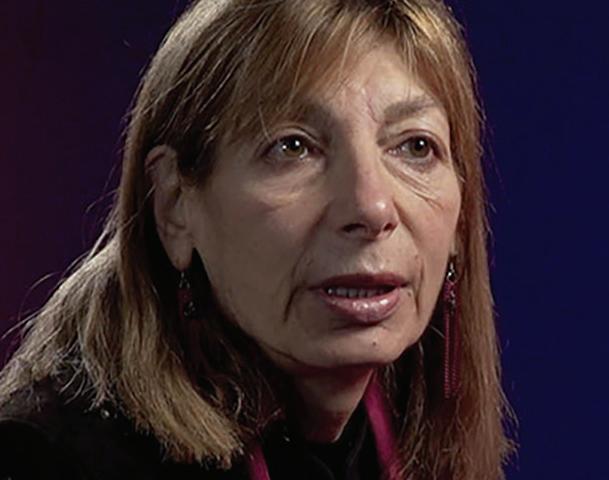
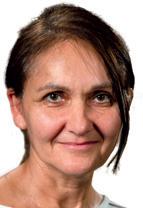
success with
Highlighting “talent ensemble” factual successes – such as recurring culinary travel format Gordon, Gino & Fred: Road Trip, back for a fourth season soon, and Bradley & Barney Walsh: Breaking Dad – Clinton-Davis observes that “talent is incredibly important on the main channel, but using it in interesting combined ensemble pieces is great.”
ITV’s “noisy” factual style also includes returning formats like The Real Full Monty in its various iterations, where celebrities bare all to highlight the importance of checking yourself for signs of cancer. “It’s an absolutely wonderful piece –our way of doing issues about cancer, testicular or prostate cancer, really noisy pieces,” says Clinton-Davis.
In another vein, there’s ITV’s
its
The UK royal family is also a regular topic of interest, with programming ranging from last year’s investigative doc Ghislaine, Prince Andrew & the Paedophile, by journalist Ranvir Singh, to a documentary with the Duchess of Cornwall just before she became Queen Consort.
This year, it’s The Royal Family, a five-parter about the story of the British monarchy, from 72 Films in association with All3Media International. “You think you know it, but you find a very fresh twist on it, footage that’s never been seen before, stories that hadn’t been told before,” Clinton-Davis says of the series.
“ITVX allows us to completely diversify the palette of factual – not to go niche and do yak farming, wherever they do yak farming, but to create a really broad range of factual pieces in particular,” says the exec, who is keen to highlight new crime boxsets such as A Murder in the Family, which comes from Knickerbockerglory TV, the maker of Netflix hit American Murder: The Family Next Door Alongside that is the return of
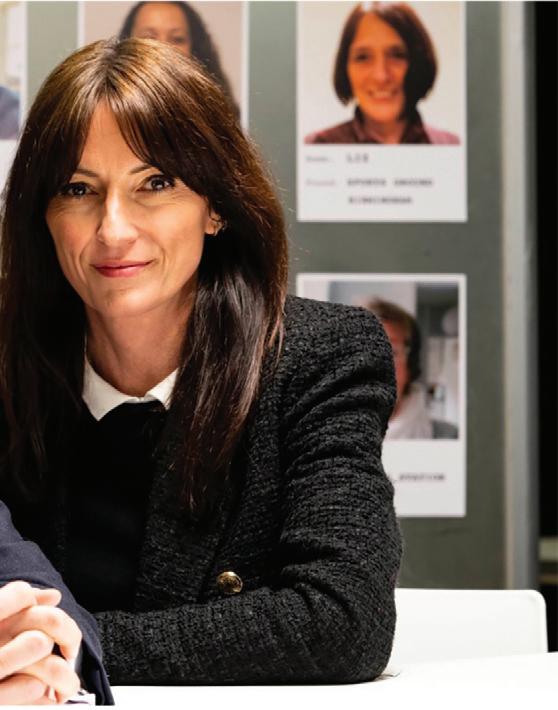
Social Media Murders, which was a success on ITV2 back in November. ‘We are expanding the genre of crime into ‘cons and swindles,’” says Clinton-Davis. “I’ve got an amazing piece on a scam that tried to compete with and better Viagra.”
ITVX’s arrival has also given ITV the latitude to bring in more authored pieces. Among them is three-part boxset Laura Whitmore Investigates, from Rumpus Media and fronted by the former Love Island presenter. “Actually, she’s a true investigative journalist and this allows her to cut her teeth on some darker subjects where sex and power meet,” says Clinton-Davis.
Following last year’s ITV2 docuseries Olivia Attwood: Getting Filthy Rich, about selling sex online, the broadcaster will be doing more with Attwood, a Love Island star and former glamour model. The follow-up for ITVX and ITV2 is an immersive series from Optomen Television about how social media, corrective surgery and the search for the perfect selfie are changing perceptions of beauty.
“These are perfect faces and people for a channel that is a little bit edgier
Clinton-Davis
twin-track
ITVX has opened up for the UK’s largest commercial broadcaster – as long as you steer clear of yak farming. By Gün AkyuzLong Lost Family spin-off Born Without Trace strives to reunite family members
“ I won’t be commissioning a whole slew of missable low-cost shows just because they’re lowcost. I’d prefer to do fewer, shinier, noisier, talked-about ones and will just have to, sadly, turn down the stuff in the middle.
Jo Clinton-Davis
On the main ITV channel, the factual controller is looking to launch biographical docs, such as two-parter The Rise & Fall of Boris Becker,

about the former tennis star. “It’s not just the sportsman Boris Becker. Boris Becker, for me, is a modernday parable. He represents a sort
of Icarus story where a personality transcends their sport or their genre and it becomes a story of our times. That’s interesting.”

Over in the crime space is two-parter Rolf Harris: Hiding in Plain Sight from Optomen on the former children’s and family entertainer and ‘national treasure,’ who was later exposed as a child sex abuser.
“We haven’t been able to do boxsets on the main channel,” says Clinton-Davis, noting how ITVX’s arrival has opened up opportunities for natural history boxsets. Flagship
A Year on Planet Earth, made by Plimsoll Productions for ITVX, with coproduction partners including China’s Tencent and Germany’s ARD and Fox Nation in the US, launched in late 2022.


Outlining the factual content she wants for ITVX, Clinton-Davis points to “jaw-dropping stories that people are going to talk about and stories of our time that tell us something about the way we live now.”
She adds: “Of course, if somebody brings me an amazing boxset in the vein of those of 72 Films, yes, if we can get more extraordinary biography of familiar faces and people. But I don’t want to rinse that genre; everything has to feel special.
If there’s a family or an individual who tells us something about the way we live now and represents the era, especially if it’s a rise and fall, then I’m interested.”
Crime content remains in demand in all its different iterations, “whether that is the story of a murderer across different episodes; or the story of an extraordinary scam and swindle and con; or people bringing new faces to the channel, in the sort of lighter, more immersive vein of Olivia, or in the more investigative vein,” says Clinton Davis.



The explosion of crime-related content across global streamers and local networks has made the genre ubiquitous, says Clinton-Davis. “At the same time, it’s a great challenge for anyone wanting to make more crime, especially us, because what we know it needs is extraordinary cutthrough, a really powerful title, to be meaningful and to have a message – something that’s really important and meaty for the audience. The challenge is to get away from the generic and to find those stories that are genuinely game changers.
“Crime actually works on so many levels, doesn’t it? It’s about human psychology, it’s about the whodunit, a whydunit, how the police solve it, the goodie versus the baddie.”
ITV’s point of view will always
be victim-focused and “about families of people who’ve been affected by crime,” she adds.


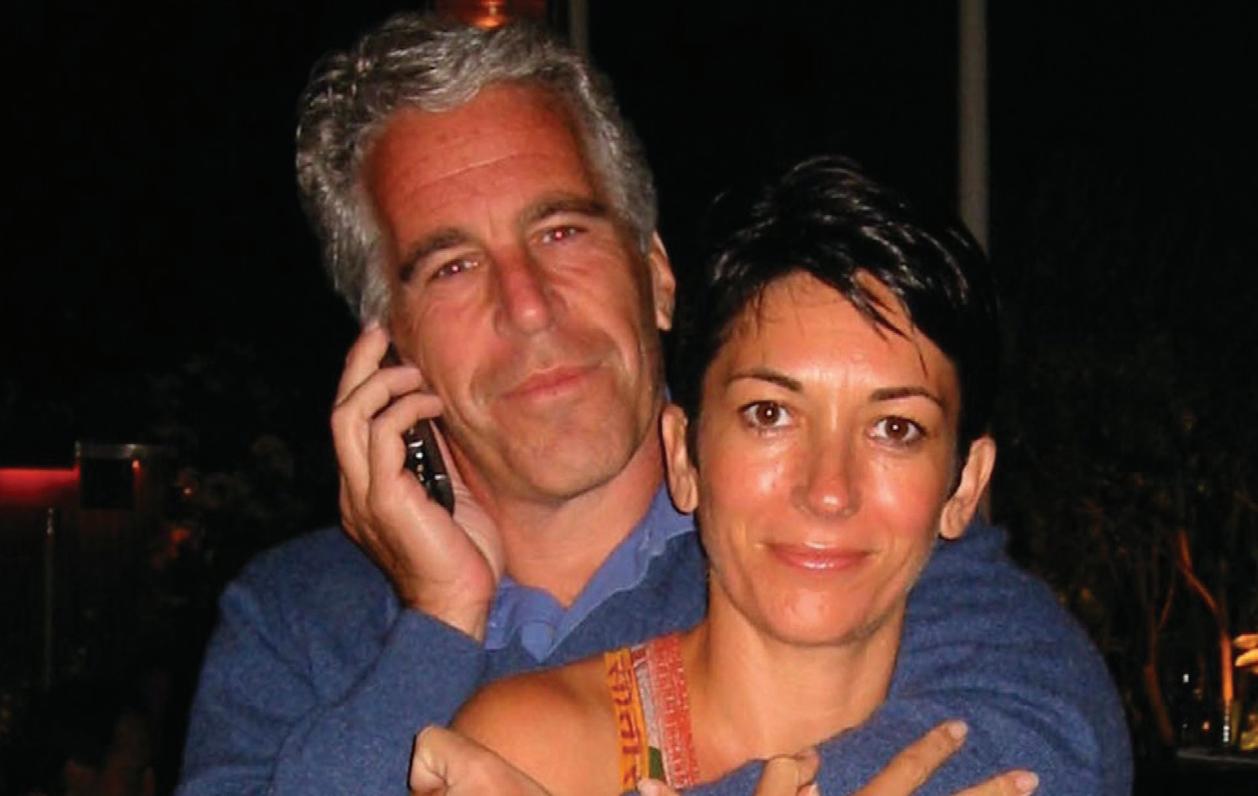
Clinton-Davis also highlights the rise of the ‘crime caper’ subgenre. “That’s because there’s so much pain and sadness in the world and people want to think, ‘Fuck me, how did they do that? And how did the police get that person?’ But again, everyone’s piling into that, so it has to be truly special and standout, which is great, because it brings in the most creative brains and the most creative expression,” she says.
“We mustn’t forget what’s exciting for ITV is that it is a twin-track approach [with the linear channels and streaming proposition], and we’re still looking for those amazing talent ensembles on the main channel. We’re still looking for shows that do what Long Lost Family did – returnable documentary formats and franchises. We’re still looking for competitions that have an authentic premise that start in the real world. So it’s the ability to commission for ITVX in a deeper dive, more authorial way, with real creative flair, as well as not forgetting the importance of the main channel.”
The exec and
her team are also actively on the lookout for younger-skewing factual entertainment that can sit on linear ITV2, as well as on the main channel.


When it comes to natural history, Clinton-Davis advises: “We’re not going to be awash with natural history, we’re going to be really selective. We much prefer one bloody great boxset per annum than a whole lot of smaller natural history. And as we don’t have a pre-watershed slot on the main channel, it will sit on ITVX.”
Addressing potential suppliers, she adds: “What goes on ITVX in factual and factual entertainment doesn’t stay on ITVX; it will go on to the main channel. So it has to be big, it has to be outstanding, it has to be noticed and it has to be on a streamer as well.”
With so much choice for the viewer, what ITV offers has to have “that stickability, that noise, that talkabout-ability,” says Clinton-Davis.
But the exec also subscribes to the view that a mixed ecology of live linear and streaming will last. “There are times when you want to sit with your family, with your significant other or even on your own and watch a great big shiny-floor show,” she says.
“Look at Strictly [Come Dancing], look at I’m a Celebrity… [Get Me Out of Here!], these shows are getting 12 million viewers, and obviously there’s live sport getting those sorts of figures, but they’re figures that streamers can only dream of,” Clinton-Davis says.
“Streamers do a different job. Sometimes you want to be your own scheduler and sometimes you want the show to be scheduled for you and you want a united experience. What producers and commissioners need to do is think about what will create those event pieces on the main channel that people are going to talk about. For a factual audience, a threemillion [viewer] show, you don’t get that on a streamer, you get something different.”
As ITV navigates a competitive audiovisual landscape and uncertain economic headwinds, Clinton-Davis says it will focus on “fewer, bigger, better” factual pieces, while cutting out “middle of the road” projects.
“I won’t be commissioning a whole slew of missable low-cost shows just because they’re low-cost. I’d prefer to do fewer, shinier, noisier, talkedabout ones and will just have to, sadly, turn down the stuff in the middle,” says the exec.
Despite the conditions, ClintonDavis believes it is an “amazing time for factual because there are deals to be done on factual prices – you can do coproduction deals, you can be creative with how you manage your budgets as well as how you make the shows.”
She adds: “In factual, what you have at its very best is that truth is stranger than fiction. It has the ability to feel really dramatic. If you did things as a drama, they would feel so outlandish and so improbable that only the factual story is going to do that.
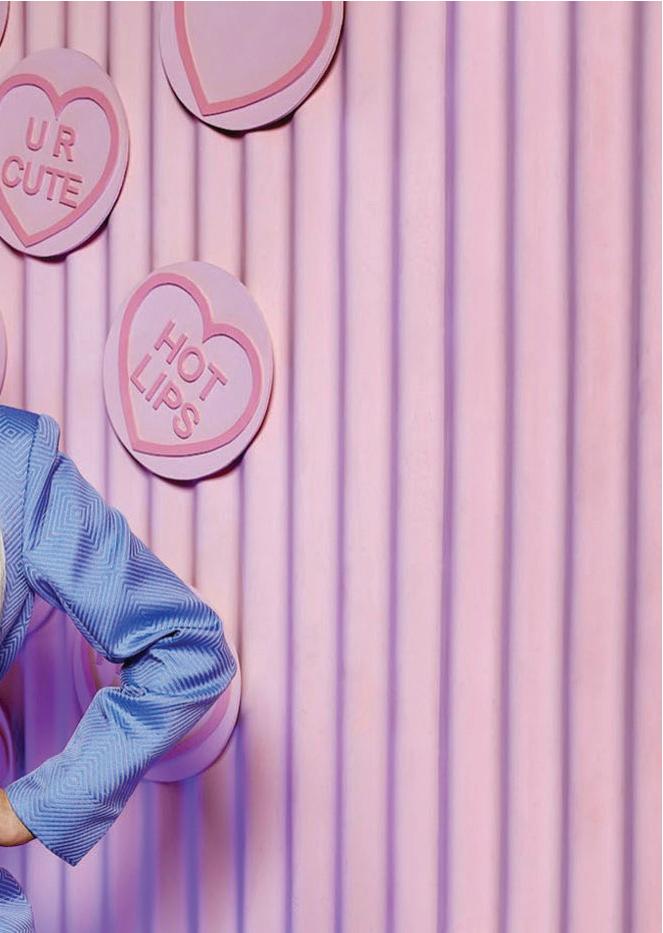
“Factual can also be as entertaining as entertainment shows, if you look at something like The Real Full Monty, Gordon, Gino & Fred or Bradley & Barney. There will be a continued demand for factual, but the middleof-the-road shows will be squeezed.”

The “battle for talent” is another area of focus, says Clinton-Davis. “Not just a solo talent going around the world but thinking about who’s next in the talent ensemble.”
And highlighting the increasing push towards authenticity in the factual space, she adds: “It doesn’t mean to say you can’t have an amazing competition set in the real world. But the increasing quest for authenticity, rather than madefor-television formats, will be an interesting thing to watch. And the importance of diversity and inclusion in content everywhere can never be underestimated. It is absolutely vital.”
more a way,w as










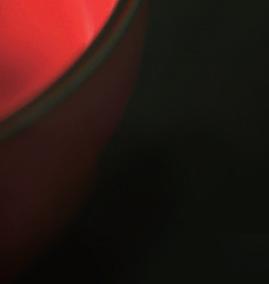
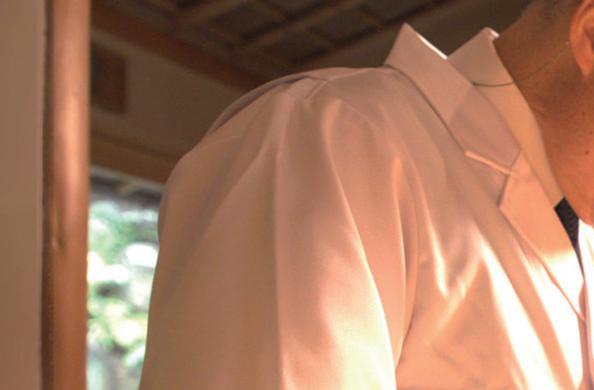
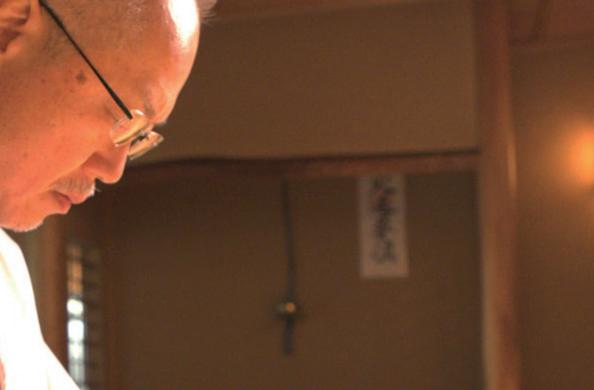
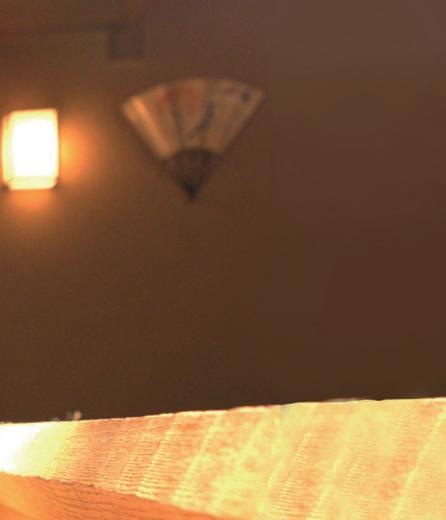
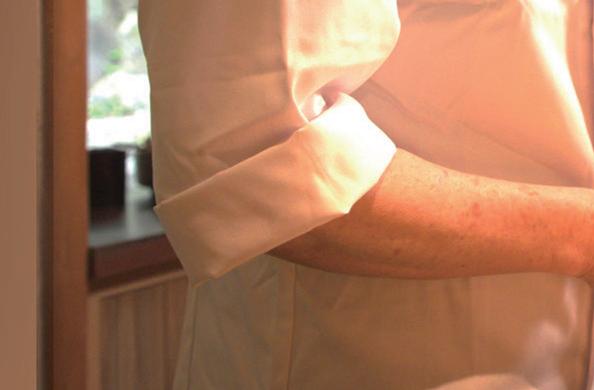

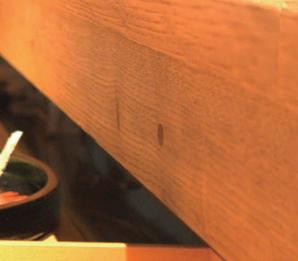






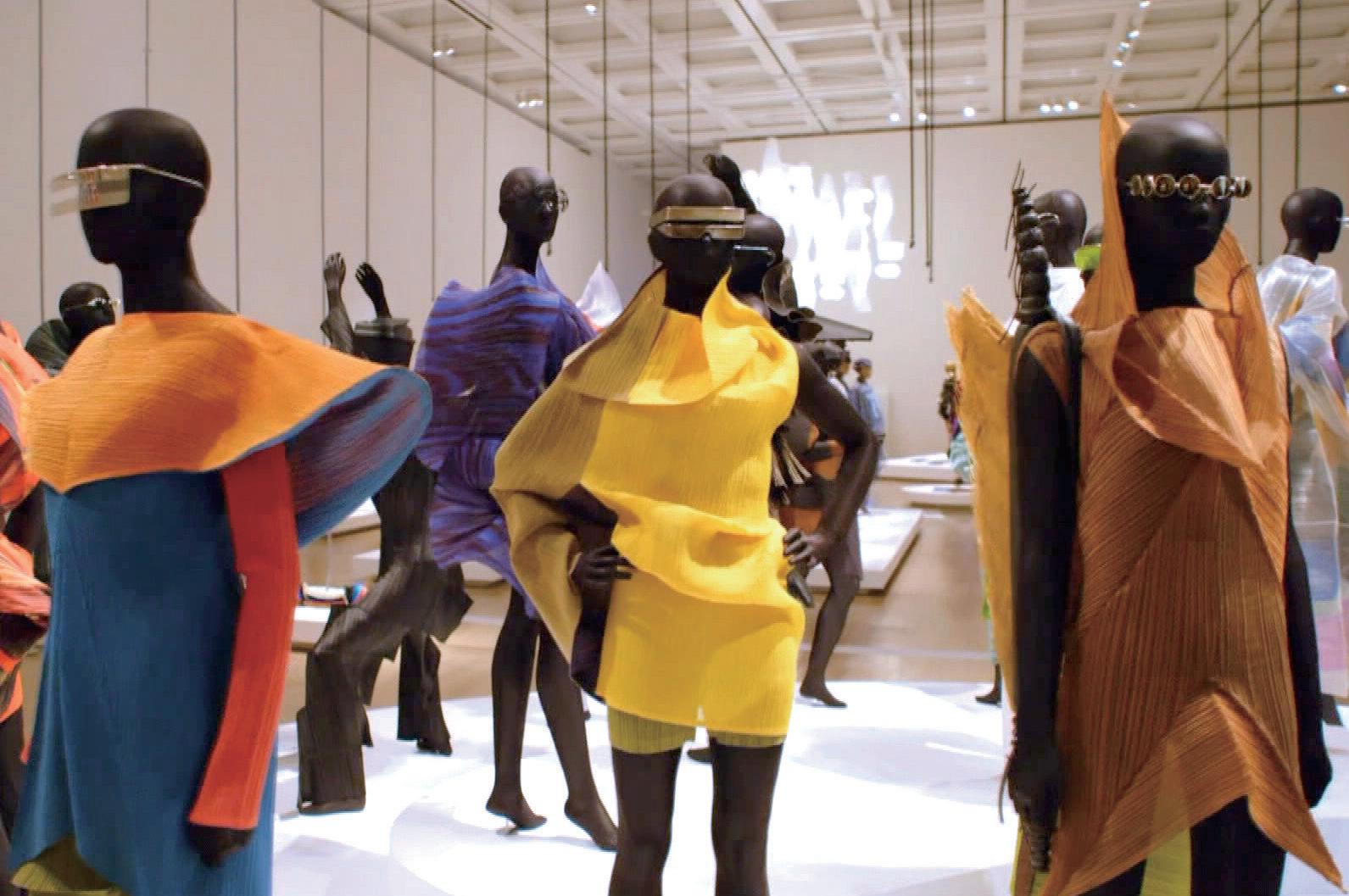
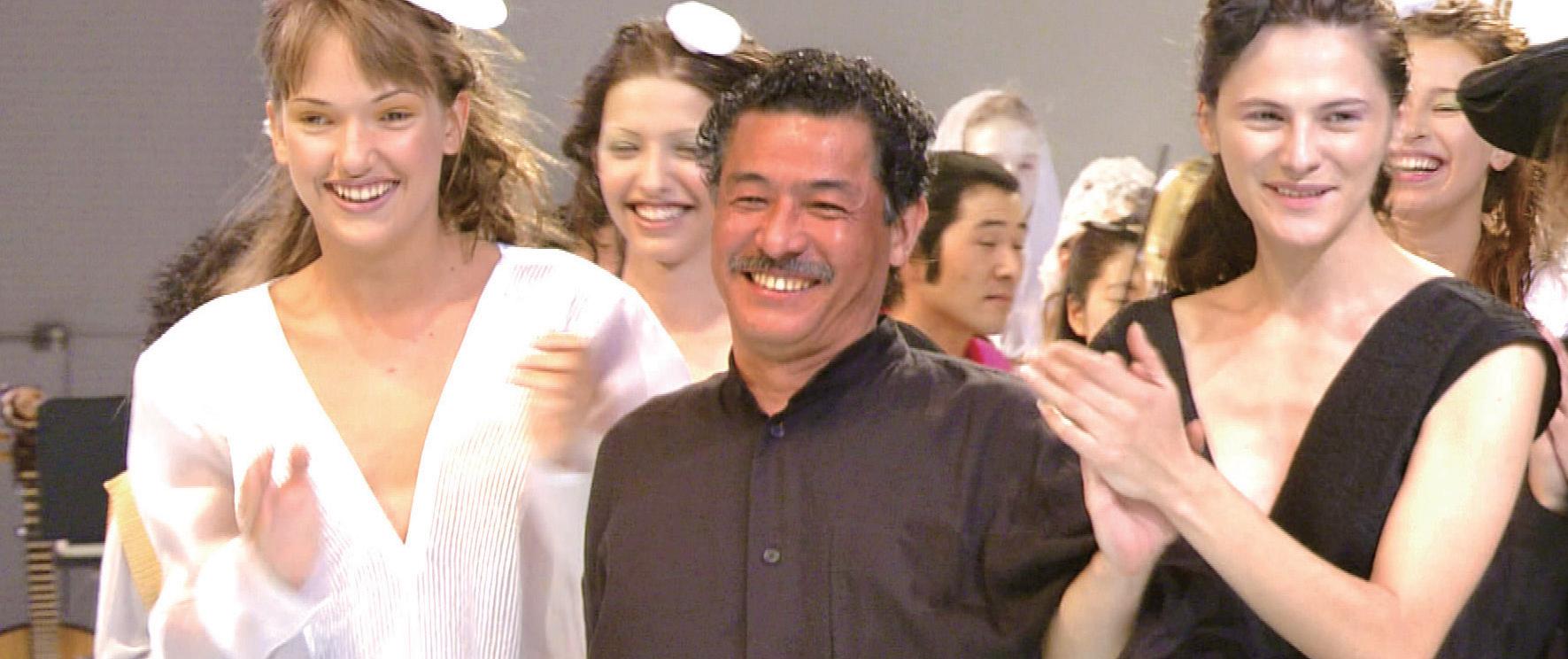



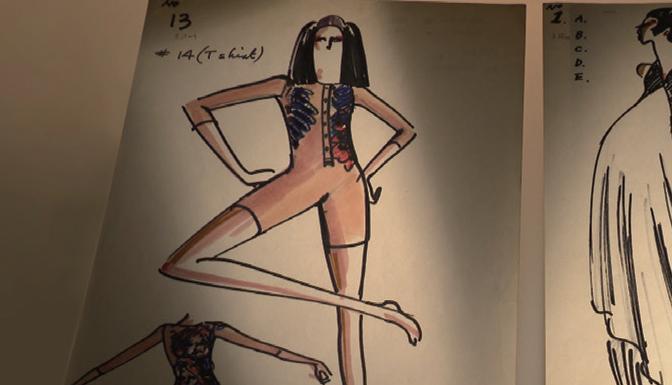
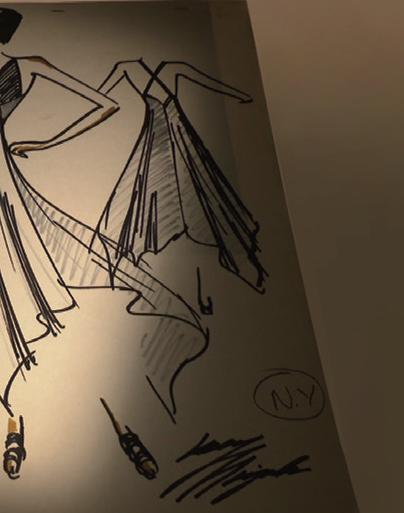








Ilan Arboleda and Tom Donahue have already enacted social and political change through their feature doc firm CreativeChaos and are now eyeing the world of docuseries to expand their slate.
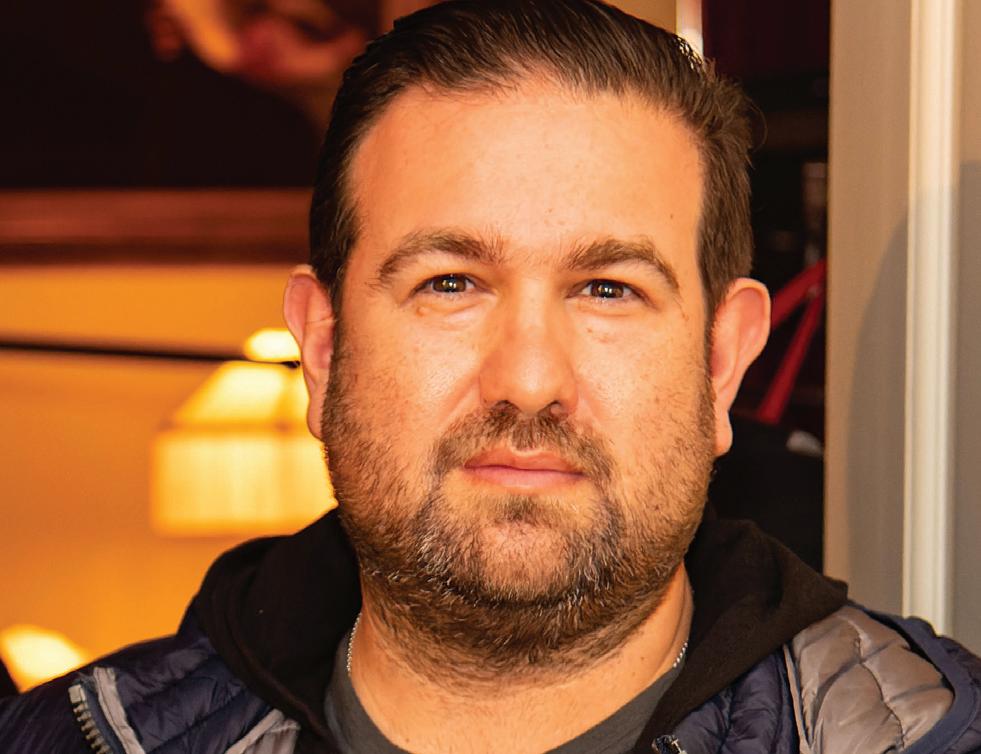
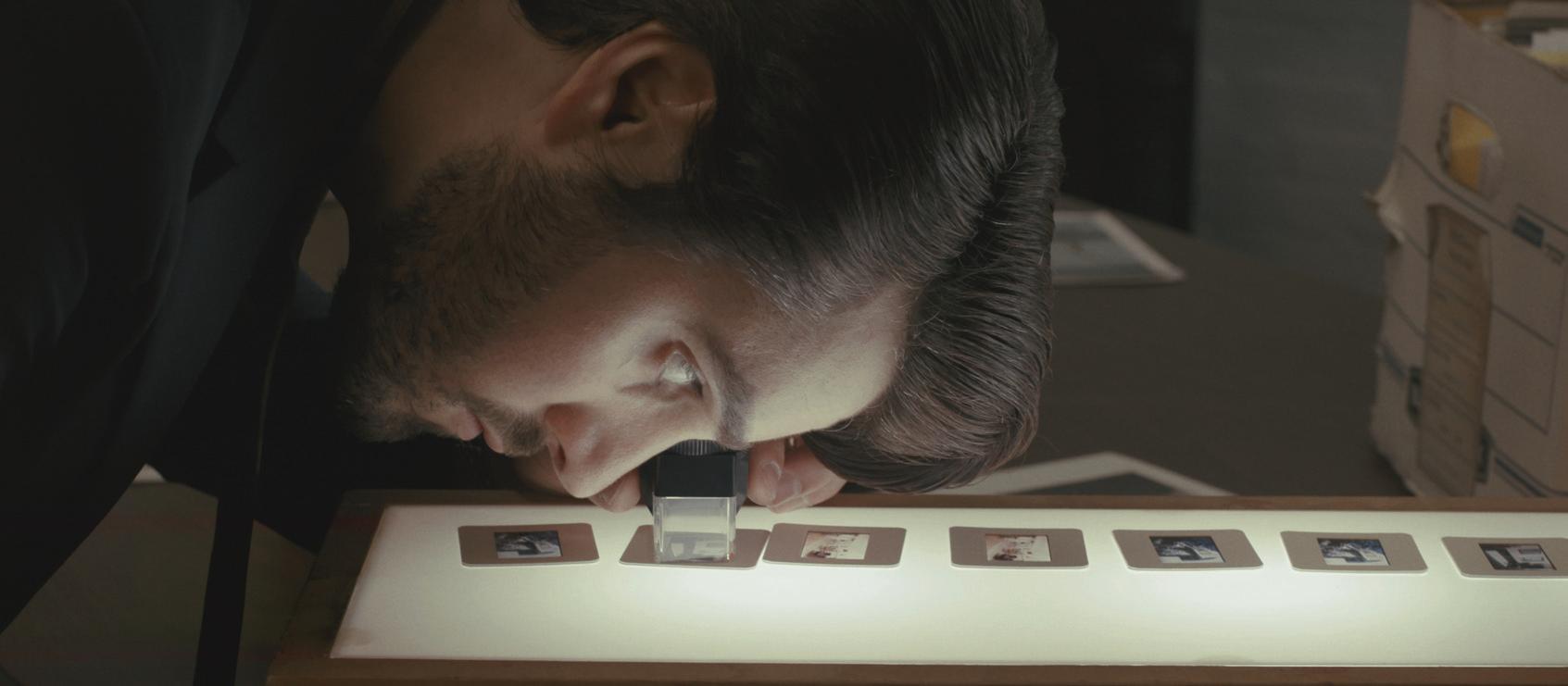 By Clive Whittingham
By Clive Whittingham
Have you heard the one about the Georgetown student who went to DC to become a diplomat and came out the other side a filmmaker?
Ilan Arboleda stumbled into film financing and was chief operating officer at LA-based prodco Go Go Luckey for a time after graduating. He met experienced filmmaker and journalist Tom Donahue at Sundance in 2004 and the pair launched production outfit CreativeChaos in 2010.
With their documentaries, they have discovered it possible to enact the sort of political and social change Arboleda always wanted to be part of, but through films and docs rather than political lobbying. Their first project together, 2012 feature doc Casting By, was bought by HBO after a bidding war and brought together a plethora of big names in film, including Martin Scorsese and Woody Allen, to discuss the role of casting directors and shame the Academy for not dedicating an Oscar award to them. It quickly resulted in a casting branch being established at the Academy.
“We understood the market for docs was about to explode but also Casting By gave us an insight into something else – it moved the dial on the cultural conversation,” Arboleda says. “We had a doc on Hollywood that almost instantly made change in Hollywood just through its existence. Casting directors got recognised in a way they didn’t before, and we realised we had lightning in a bottle.”
Their second film, Thank You For Your Service, spotlighted the mental health crisis in the US military and called for a codified regulatory health body led by a general that prioritised mental as well as physical health. Multiple laws in multiple states culminated in the 2019 National Defence Authorisation Act, which Donahue and Arboleda co-wrote with congress. This Changes Everything, in 2018, focused on gender inequality in Hollywood, just as the #MeToo movement was building momentum.
Like expressing a political opinion on Twitter, making political films in the current climate of division on both sides of the Atlantic can be like sticking your hand in a wasp nest. “We make political films but we try not to make partisan films,” Arboleda says. “We try to find something based in common sense and a systemic problem and then attack it that way. When it should be common sense, both sides tend to come together.”

“We don’t have an ideology, we’re not idealogues,” Donahue adds. “We don’t go in with an agenda on any social-impact documentary. We try to get both sides and then we know our point of view and try to bring everybody along to it.”
The company has used a variety of funding methods to get projects off the ground – from a single investor or commissioner paying 100%, to a hybrid model usually made up of one-third private investment, one-third corporate sponsorship (Bloomberg and Lyft were both on board This
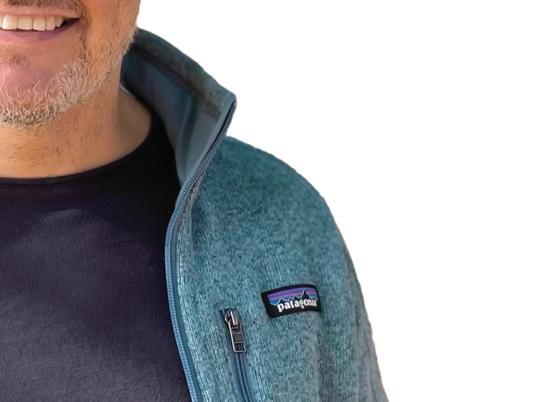

Changes Everything) and one-third donations from individuals or non-profit NGOs.
Since the company launched, of course, docs have become big business, particularly on streaming services, but that doesn’t necessarily stretch to social-impact docs. “The streamers are now looking for more celebrity-focused films that will have an automatic audience, so there is less appeal for them to finance social-impact docs,” Donahue says.
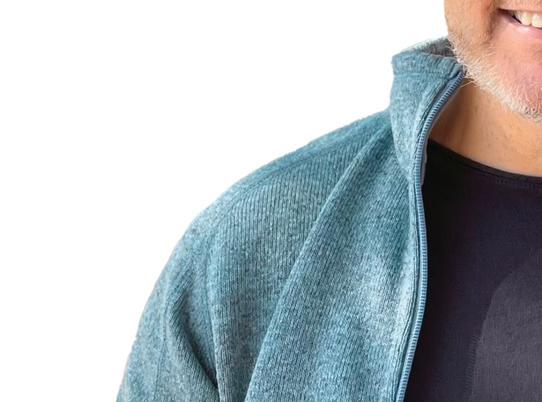
“They don’t want to divide the American audience any more than it’s already divided. Any kind of film that will disrupt half their audience or cause a boycott, they’ll avoid. Look what was programmed at Sundance this year, a Michael J Fox and a Brooke Shields documentary. That’s where the market is.”
“When they’re fighting for every potential subscriber, the last thing they want to do is offend, so I do think that’s taken some of the bite out of their docs,” Arboleda adds.
CreativeChaos, meanwhile, has pivoted again into the trendy docuseries space, with mafia crime doc Murder of God’s Banker, which launched on Paramount+ in February. Another six-part series is also in the works for the same streamer as the company’s development slate moves in
Paramount+ in February Ano developme that direction
“Ilan always had this idea that I thought was half-baked because it was too complex for a 90-minute documentary,” Donahue says. “When the lockdowns happened, we entered the golden age of docuseries where you can tell a story of four to 10 parts and it was the perfect opportunity to pitch a version of this story that might work.”
was half-baked becaus for a 90-minute doc lo golde sto perfec a version of this sto als w th of work w
“We’ve also realised these streamers with an international bent lend themselves to the sort of work we can do in series,” Arboleda adds.
“ We don’t have an ideology; we’re not idealogues. We don’t go in with an agenda on any social-impact documentary. We try to get both sides and then we know our point of view and try to bring everybody along to it.
Tom Donahue
n’t have an al-impact ry. We to es and then r of view ring everybody eMurder of God’s Banker
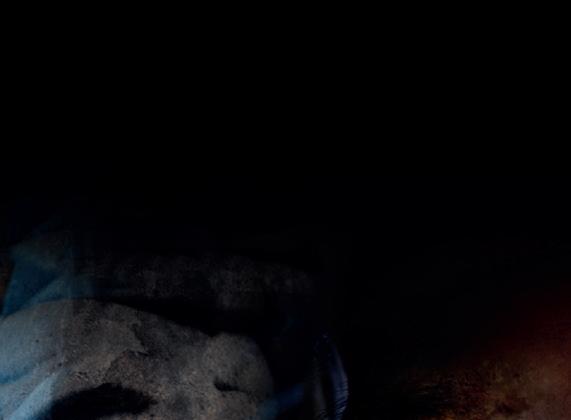


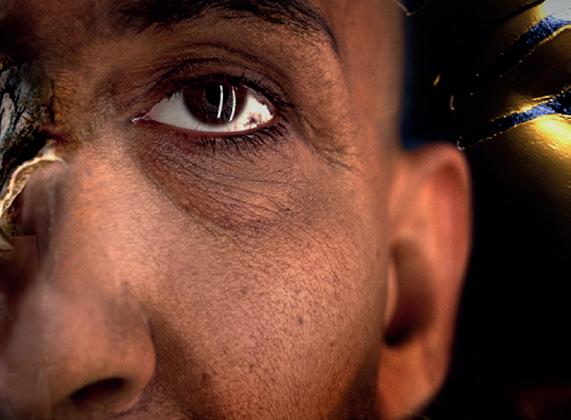
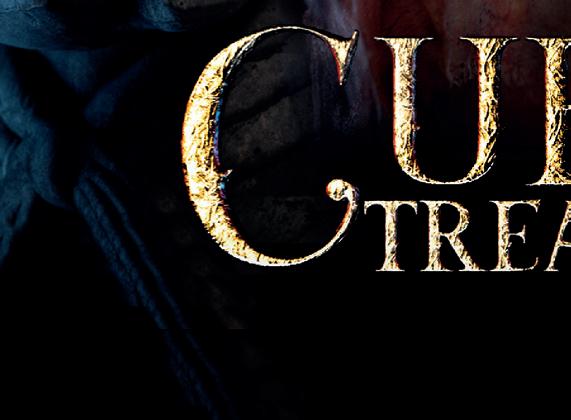
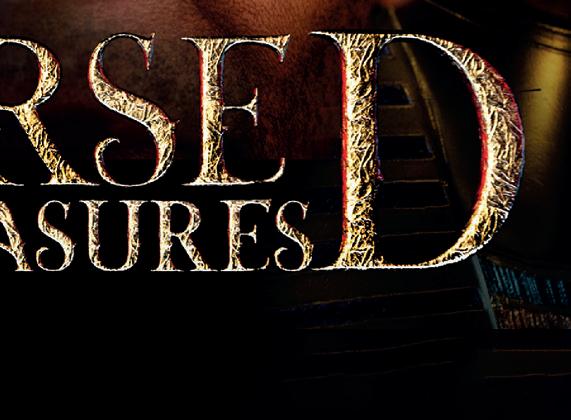


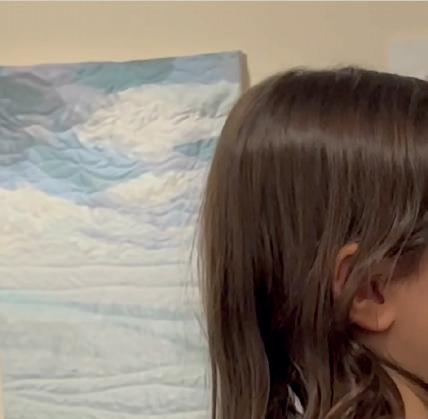

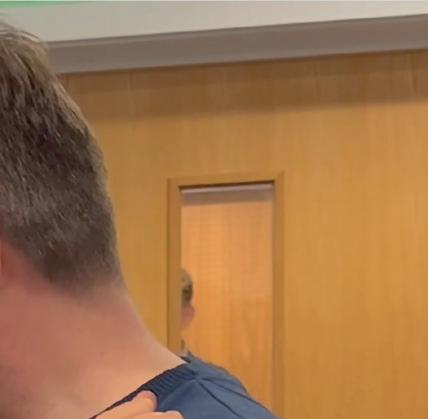
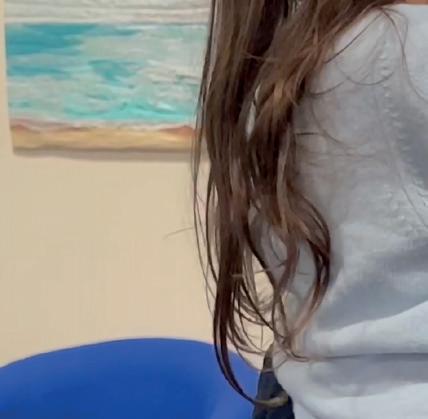
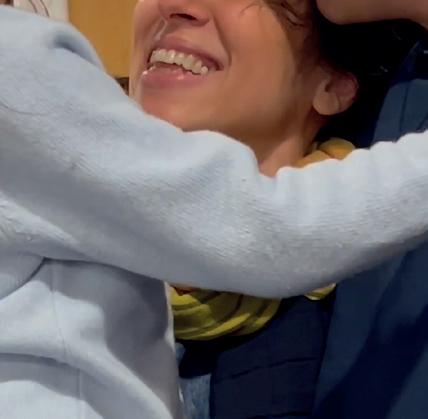
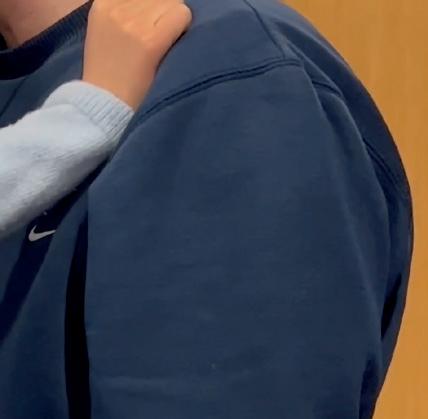

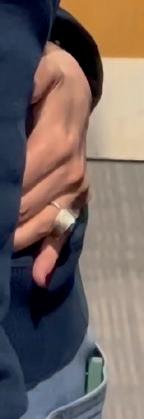
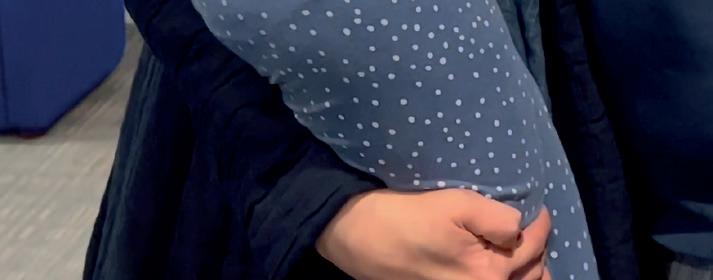
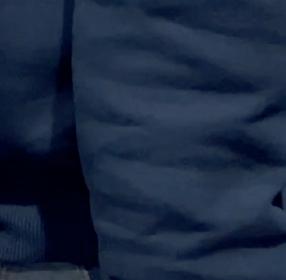



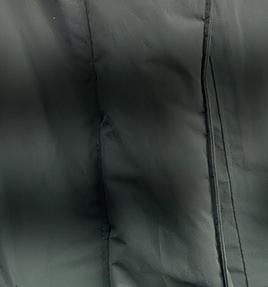
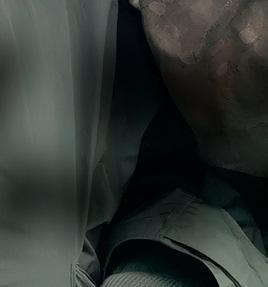

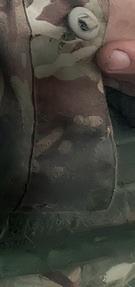





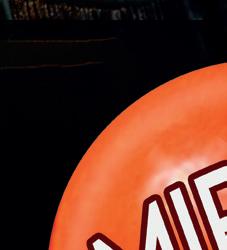




One year on from launching his own indie in the UK and Derren Lawford is clocking up the miles. From the CPH:DOX documentary film festival in Copenhagen straight on to Series Mania in Lille, with business meetings in Germany and at East Doc in Prague – and that’s just one trip in March.
It reflects both the workload and breadth of content Dare Pictures has looked to take on since launching in January last year.
Year one kicked off with The Crypto Queen, a three-part docuseries coproduction in development with Channel 4 (C4), Sky Deutschland and Fremantle, directed by Rudolph Herzog.
“That commission was particularly important to me because it set a benchmark for the scale of show and type of team and talent that I want to be able to offer,” Lawford says.
“Dare stands for Diversity, Allyship, Representation and Empowerment and we want to make sure we reflect that in terms of the team. We gave Riva Japaul a producer credit on Crypto Queen and she’s been a phenomenal asset on that series.”
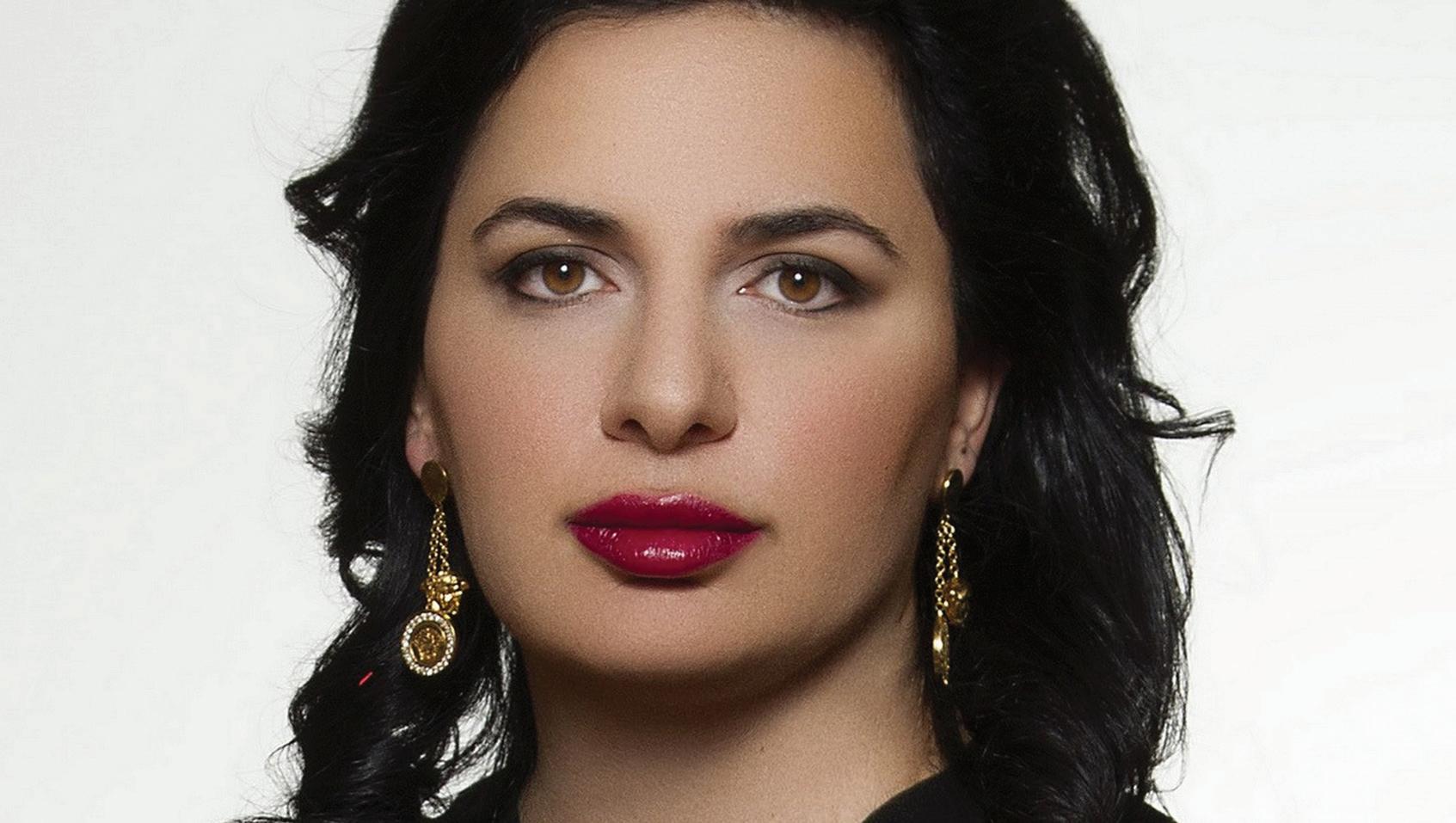
C4 commissioned UK Prisons: Inside Survival, an access observational doc, from the company soon after. A series of shorts and feature on the climate crisis in association with Canada’s Hot Docs festival followed, and an as-yet unnamed feature doc being worked on for BBC Storyville with Dog Woof and French producer Sungazer.
The next part of the three-year plan is a move into scripted. The company hired Cassandra JohnsonBekoe, who was previously at actor Daniel Kaluuya’s company 59% Productions, as its first head of scripted development at the start of 2023.
“I’ve always been interested in scripted. When I was at London Live and Global iPlayer I commissioned and acquired scripted and unscripted,” says Lawford, who has been acquiring rights to adapt IP for docs, drama and audio. “I was keen on being story-first with this company. During my time as a journalist I was always aware of great stories out there that you couldn’t always tell in a documentary format. Having worked in newspapers, magazines, radio, online, TV and SVoD I’ve always been quite flexible about what the format will be, and with my own company I wanted the freedom to tell stories the way I wanted to tell them.
“Linked to that is an appreciation of the value of IP and the ability to tell different types of stories. Although it might take longer to secure a drama, strategically it’s important to invest in IP that you think can become an editorial universe. It’s more exciting creatively and can be beneficial commercially.”
Coming out of a pandemic and straight into a recession is a tough time to launch a production company from a standing start, but Lawford remains optimistic.
“It’s very easy to catastrophise every single twist and turn,” he says. “The reality is we’re going through one of the most disruptive periods in the history of the media. People’s business models may
Former BBC exec Derren Lawford, who ended a stint as creative director at Woodcut Media to launch Dare Pictures a year ago, reveals he is eyeing expansion in returnable unscripted, premium documentary and drama content. By Clive Whittingham
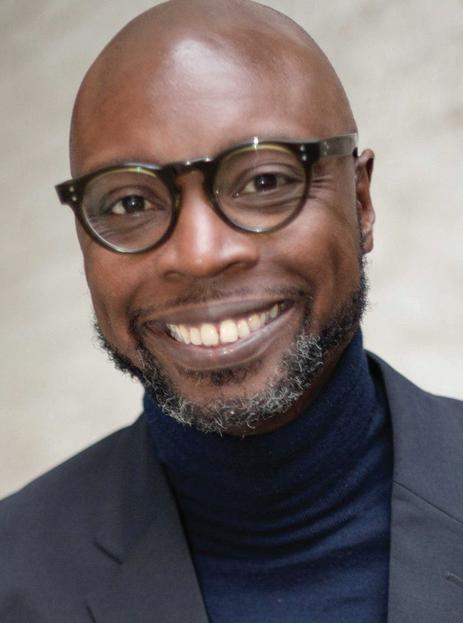
be changing, but that just means as a producer your business model needs to change too. There is an advantage in being story-driven because it doesn’t matter what the situation is economically, if you have an extraordinary story and a brilliant team to bring
So, three years from now? “I would like to have established Dare as a company that is able to do returning business in unscripted – cinematic doc series and big specials,” Lawford says. “Similarly, on the scripted side, within three years I would like us to have landed a great scripted piece, maybe two. If we’ve landed it in such a way that people want to hear our next big scripted idea, fantastic.”
The company also recently added social media entrepreneur Michelle Morgan, founder of sleepwear brand Pjoys: PJs with Purpose, author of Own Your Awkward and a leading voice on mental health, as chair.
that to life you’ll always be able to have a meaningful conversation with someone about making that happen.
“I’m being very careful about the quality and calibre of the stories I want to tell. Is it genuinely original and exclusive – be that access, insight, research or IP? If it isn’t, Dare is unlikely to be developing that.”
“I want the company, whatever size it is, to still feel like it’s a nice place to work and be able to attract the best kind of people from a variety of backgrounds. Michelle ran a really purpose-led, innovative business that had loads of growth, success and profit but always stayed true to itself. However far we grow Dare, I wouldn’t want to lose sight of the reason I launched the business in the first place,” Lawford says.
“I want us to be synonymous with things that are high-quality, insightful, entertaining, informative and with an incredibly inclusive team in the credits.”
“ There is an advantage in being story-driven because it doesn’t matter what the situation is economically, if you have an extraordinary story and a brilliant team to bring that to life you’ll always be able to have a meaningful conversation with someone about making that happen.
Derren Lawford, Dare PicturesThe Crypto Queen looks at a digital scam staged by Dr Ruja Ignatova



18-19 May 2023
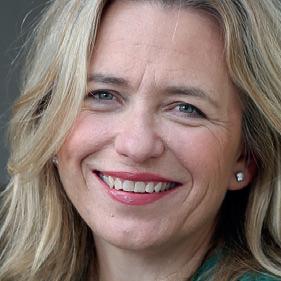
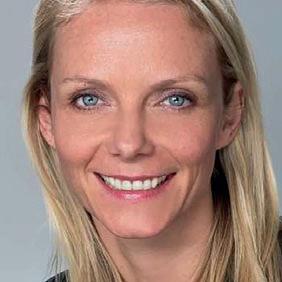
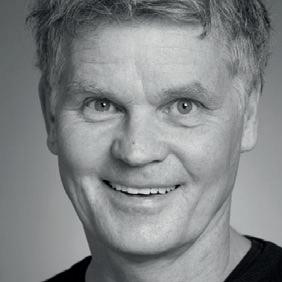



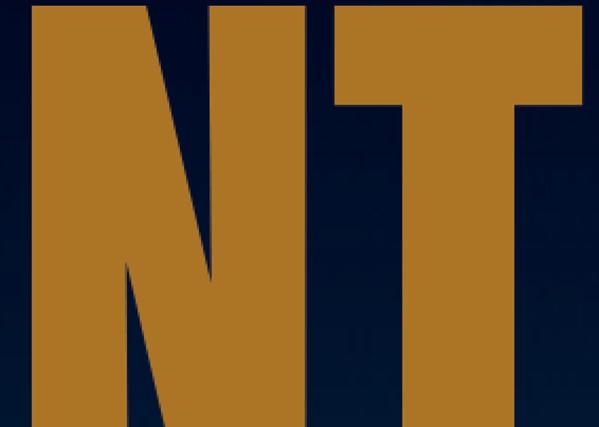


A smart two-day conference & development market connecting the domestic US scripted, unscripted, FAST channels and copro business with international partners
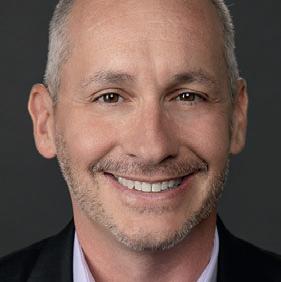
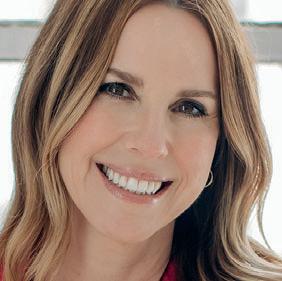
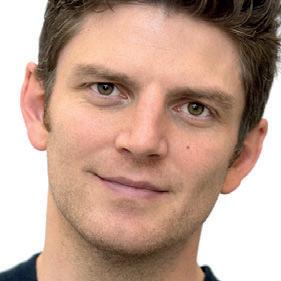
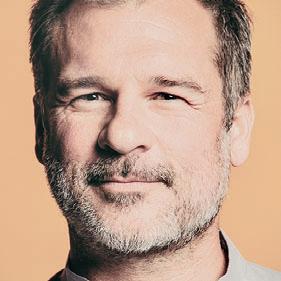
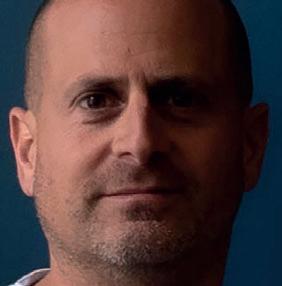
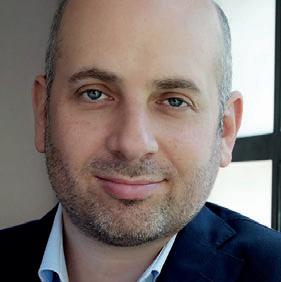
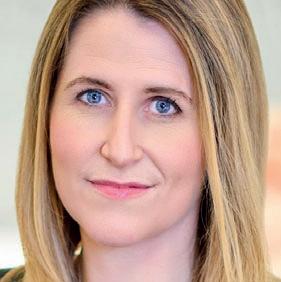
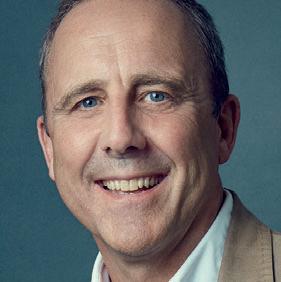
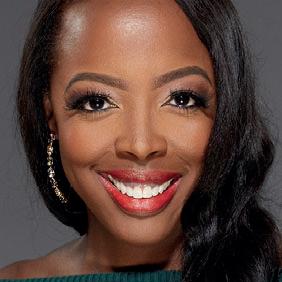
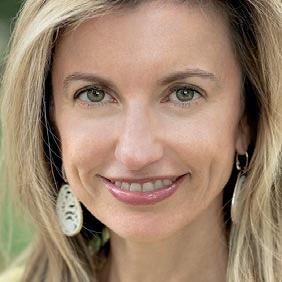
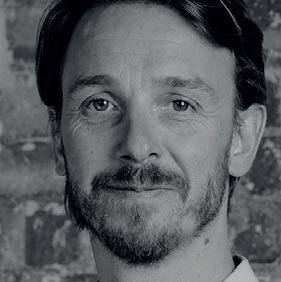
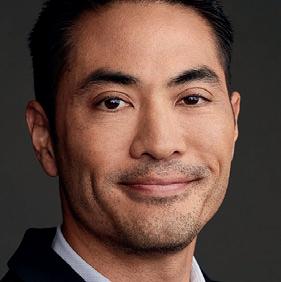

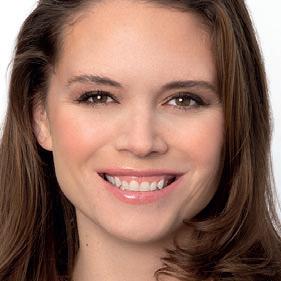
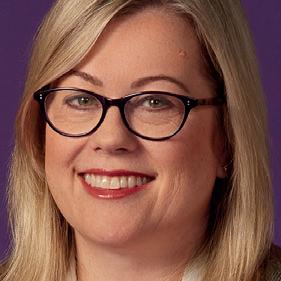
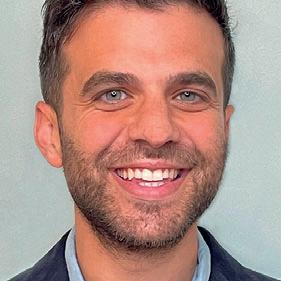
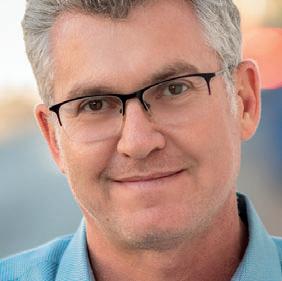
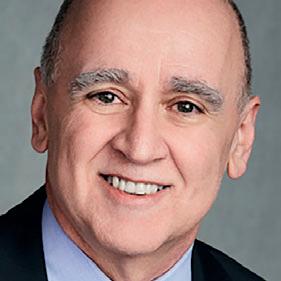

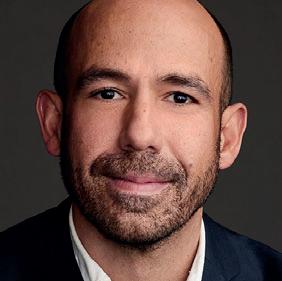
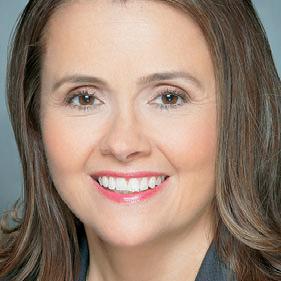

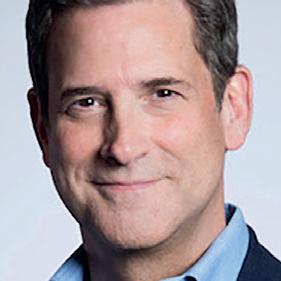
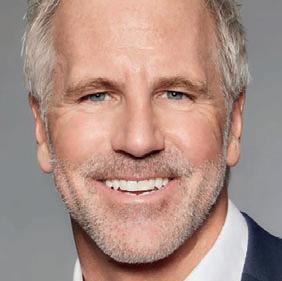



All3Media International, Anchor Entertainment, Banijay Rights, BBC Studios, Big Media, British Film Commission, Chicken Soup for the Soul Entertainment, Cinedigm, Fox Entertainment, ITV Studios, Jupiter Entertainment, Media Res, Media Res International, MGM, MGM+, an Amazon company, Ontier Media & Music Advisory Ltd, RMVISTAR, Roku Media, The Africa Channel, Tubi, UCP, Universal International Studios, Universal Studio Group, Universal Television, Universal Television Alternative Studio, Velvet Hammer Media, Wattpad WEBTOON Studios + more to be announced.

